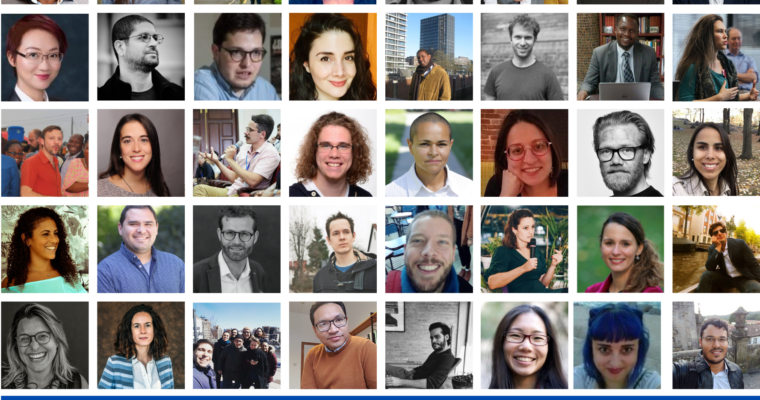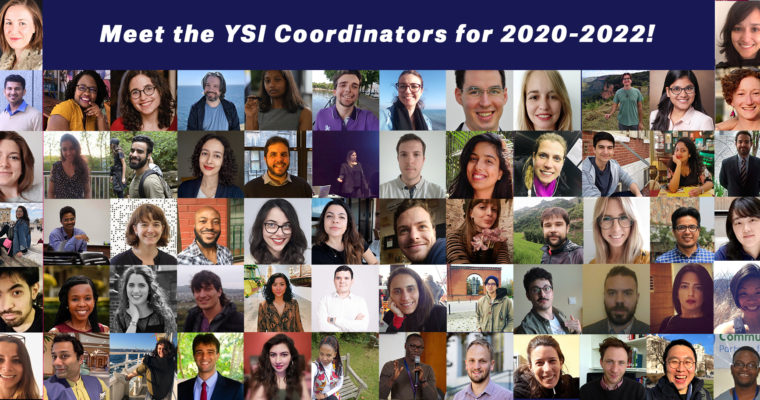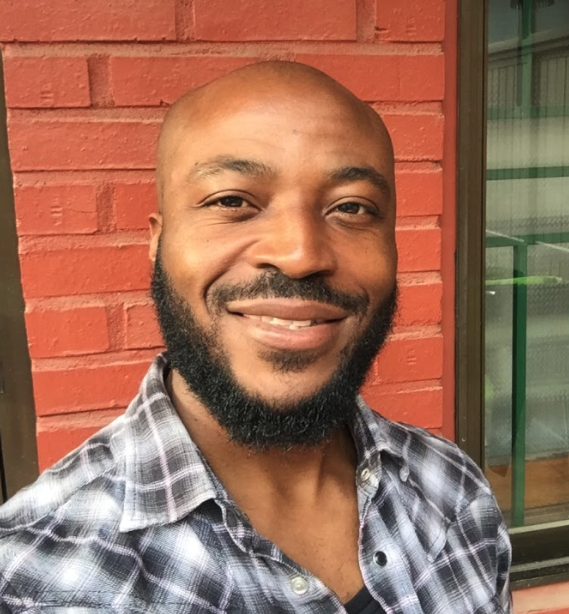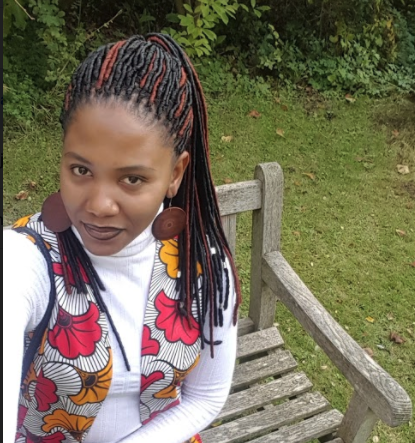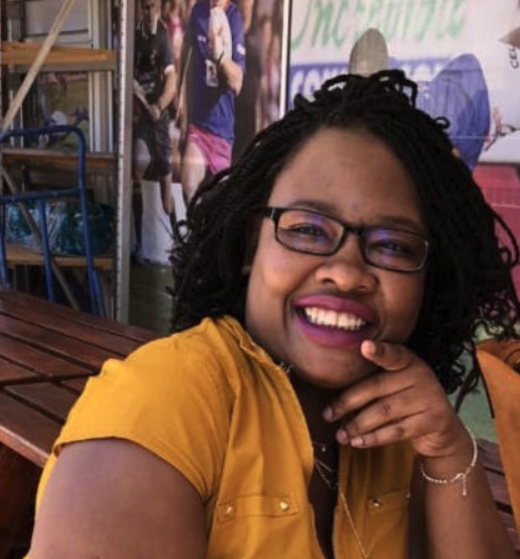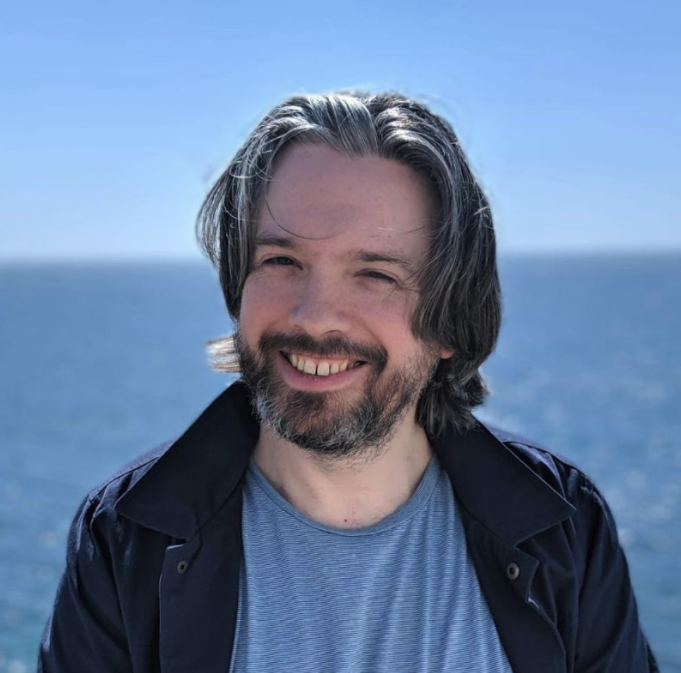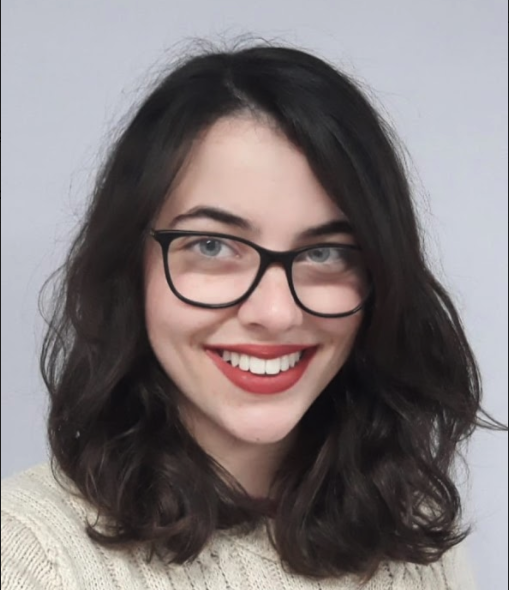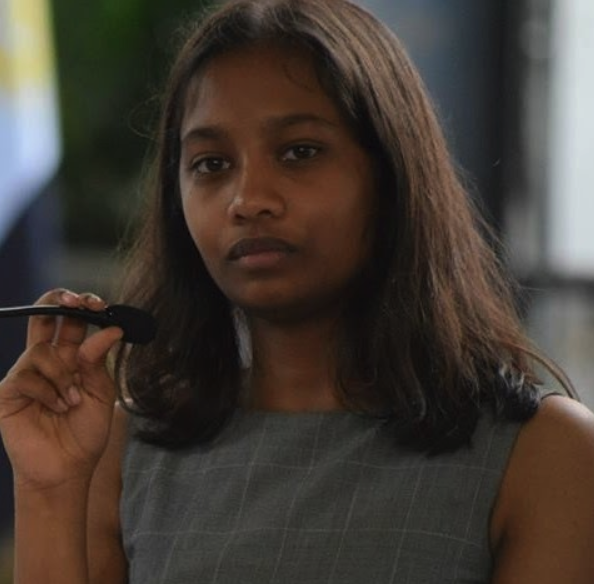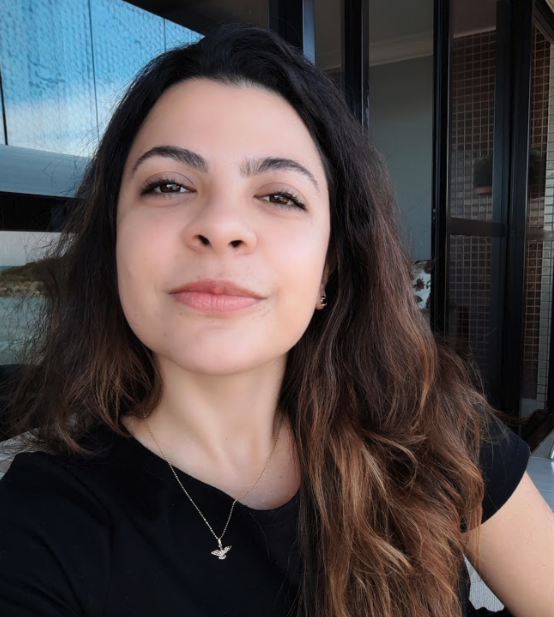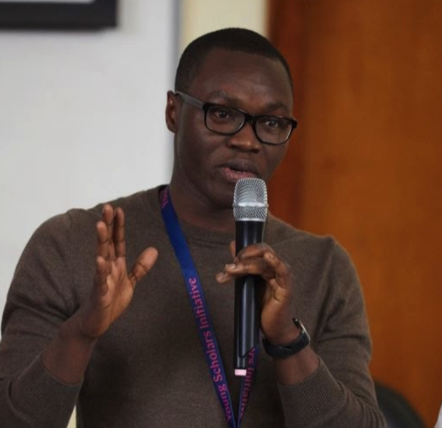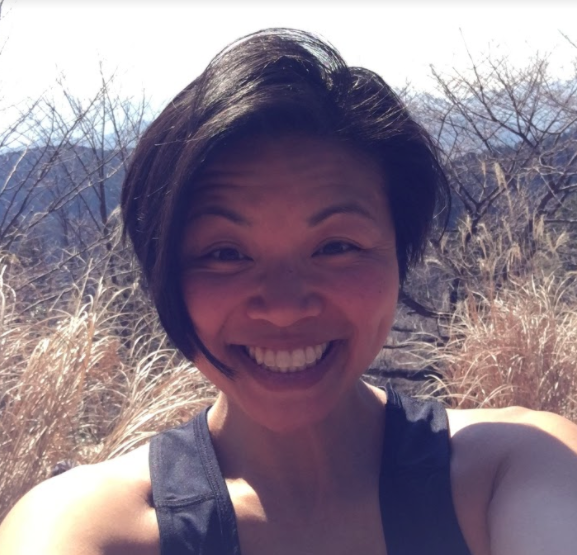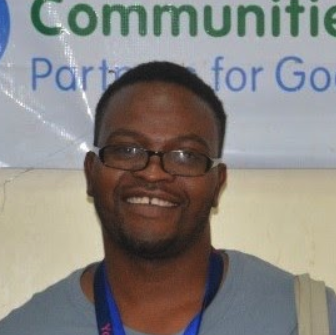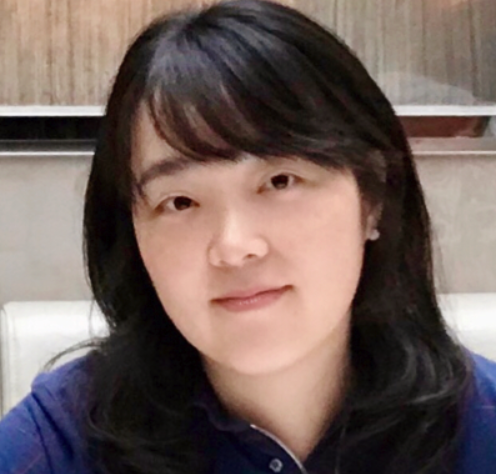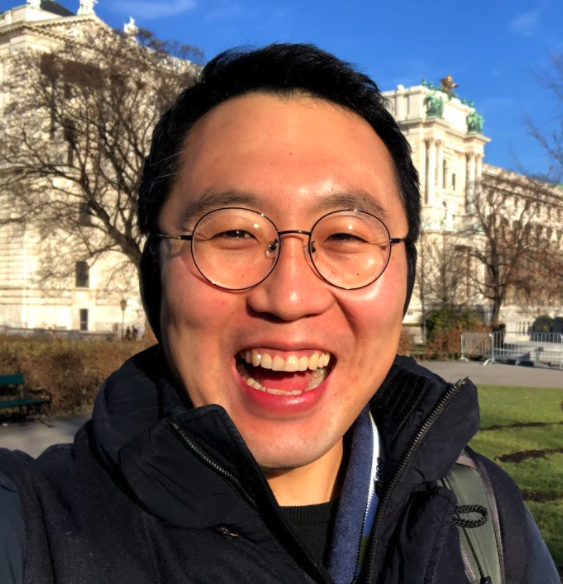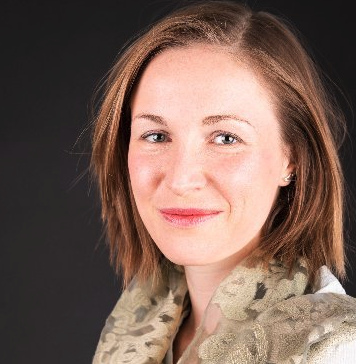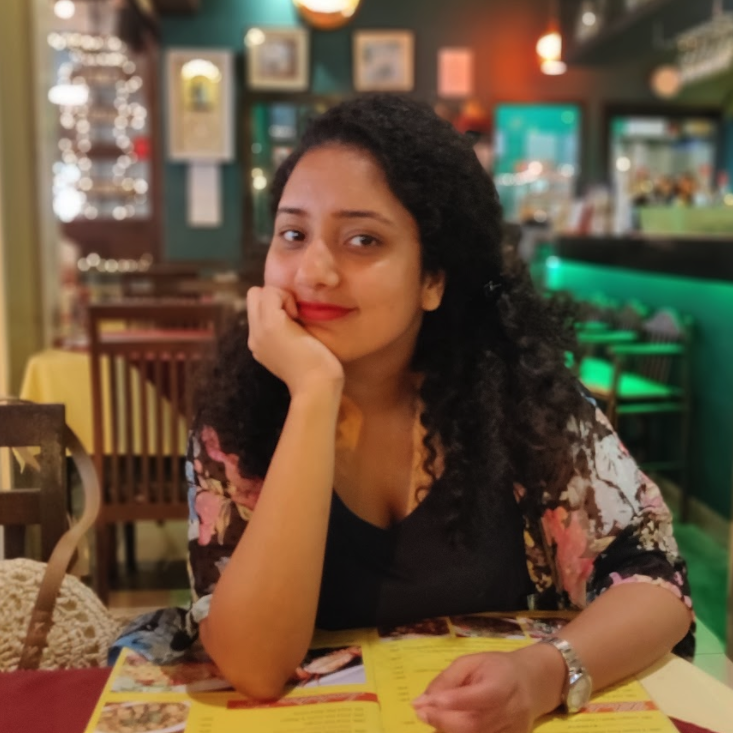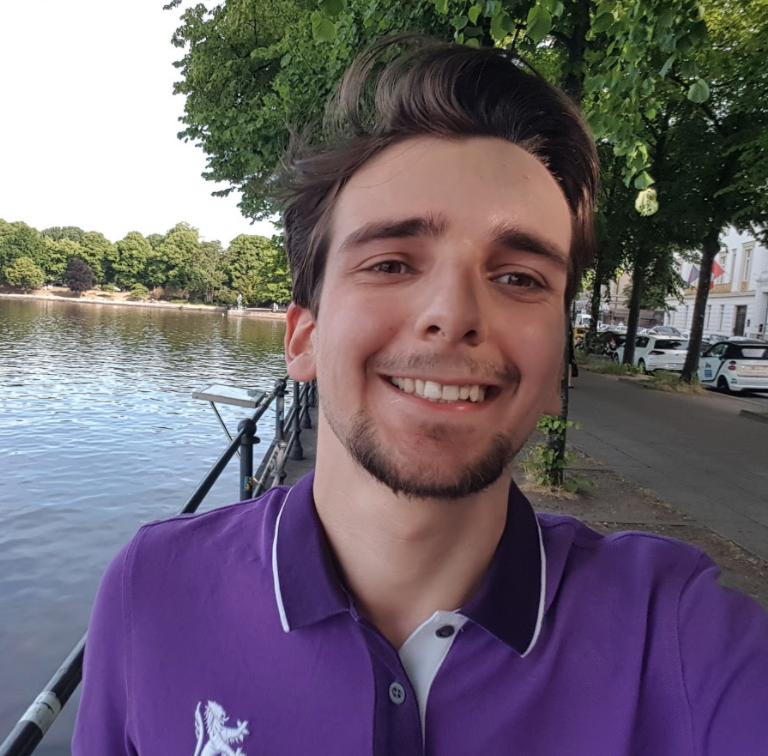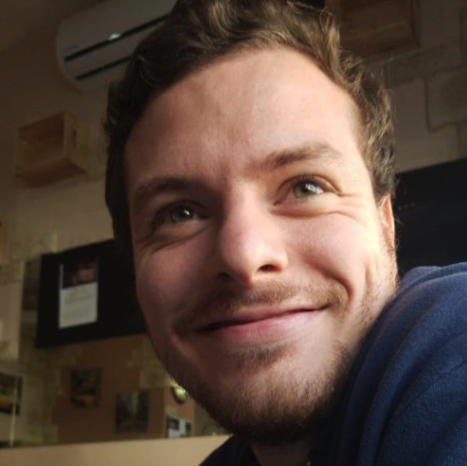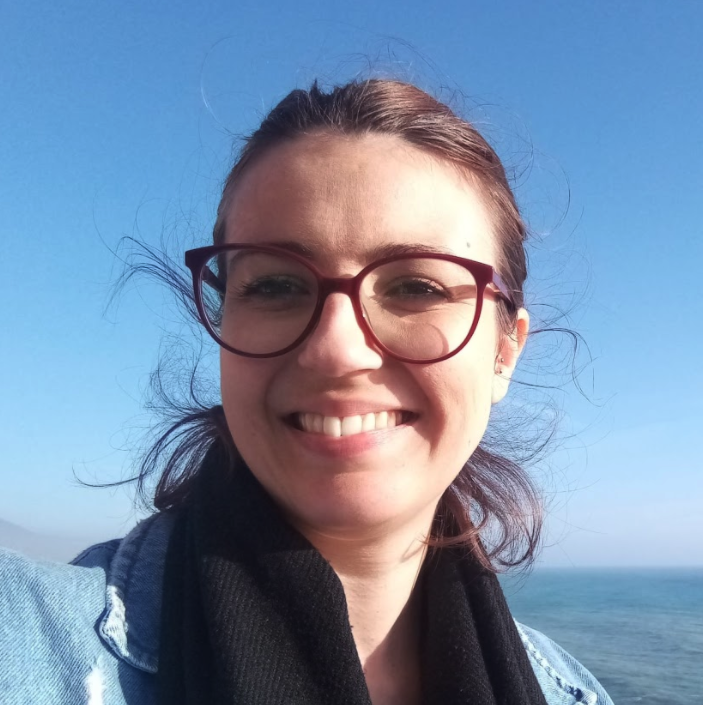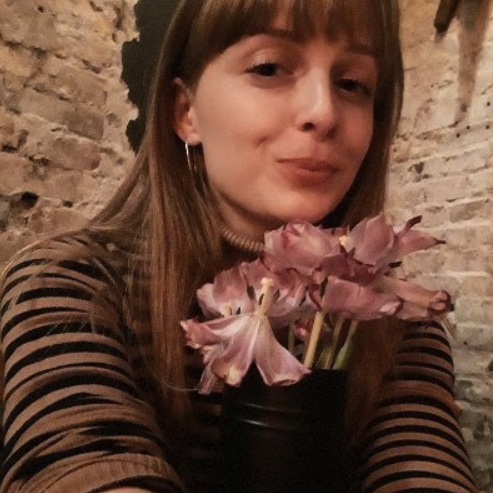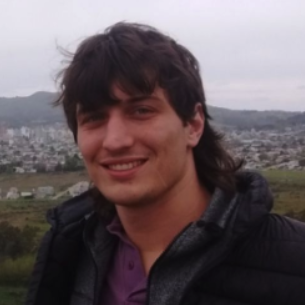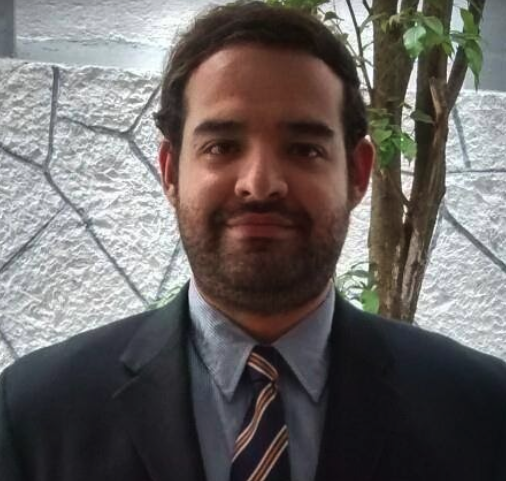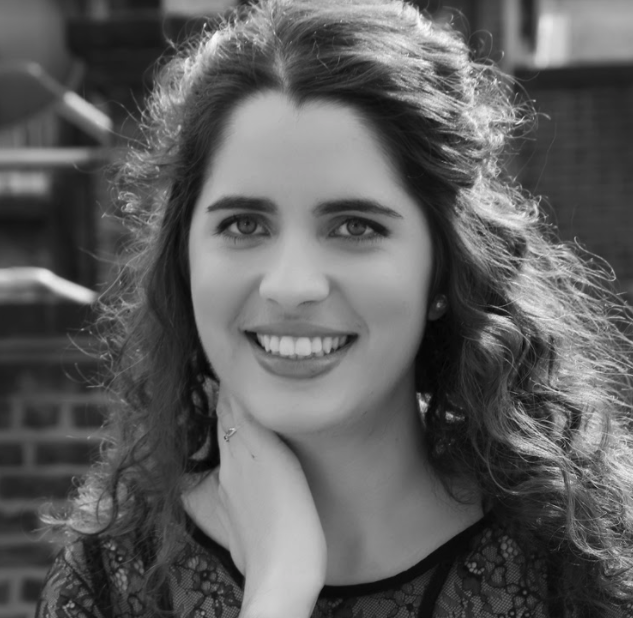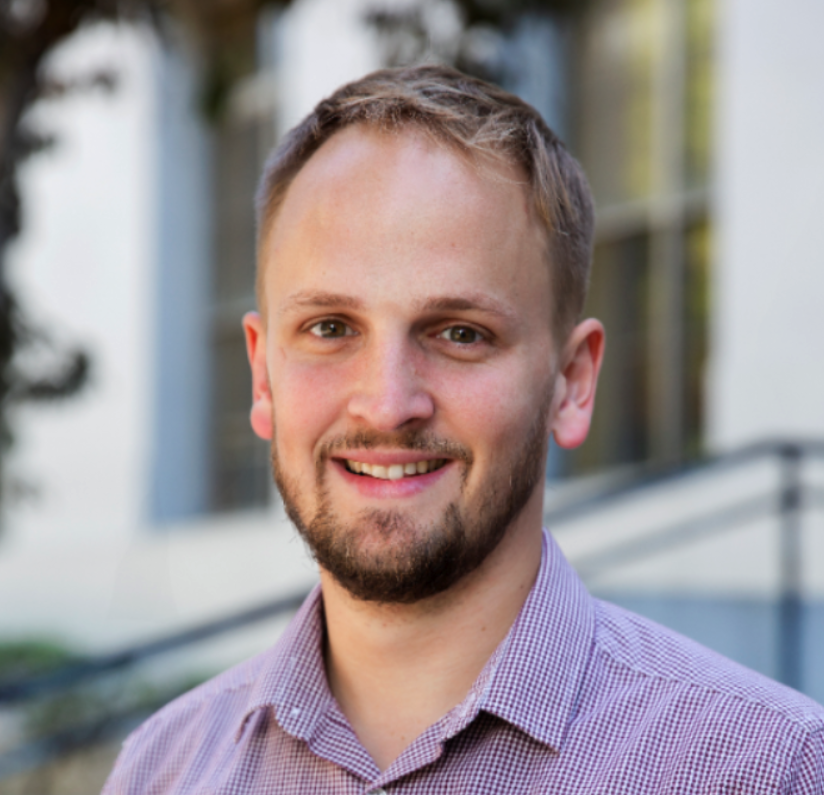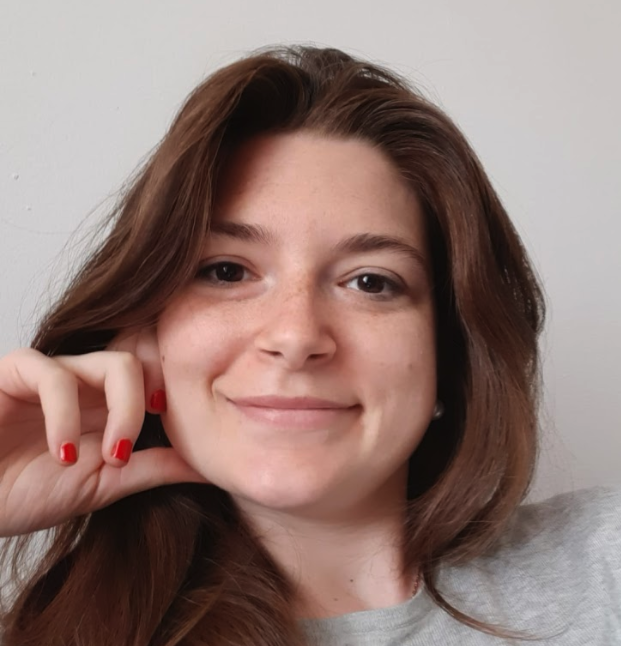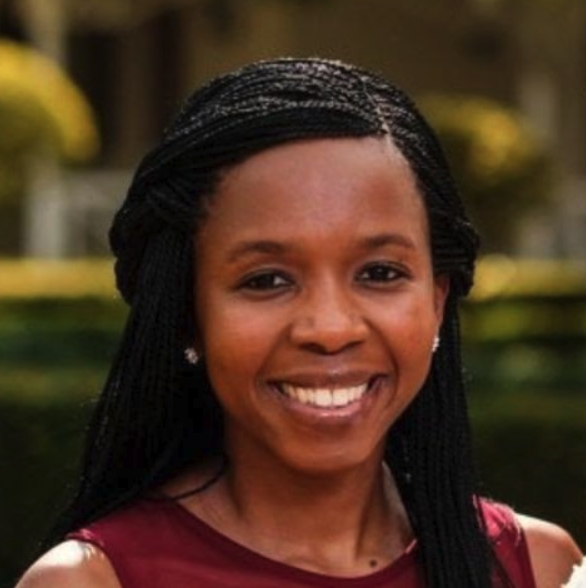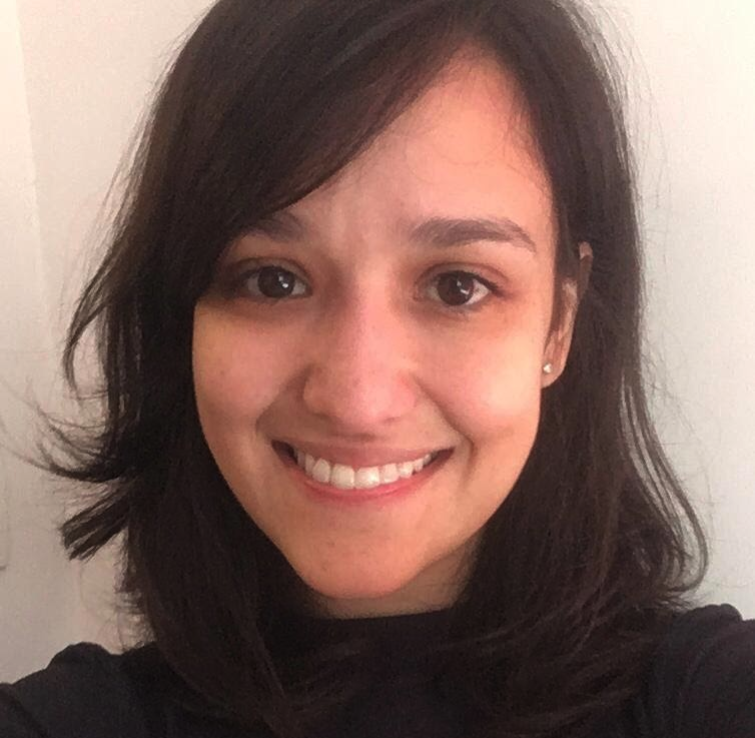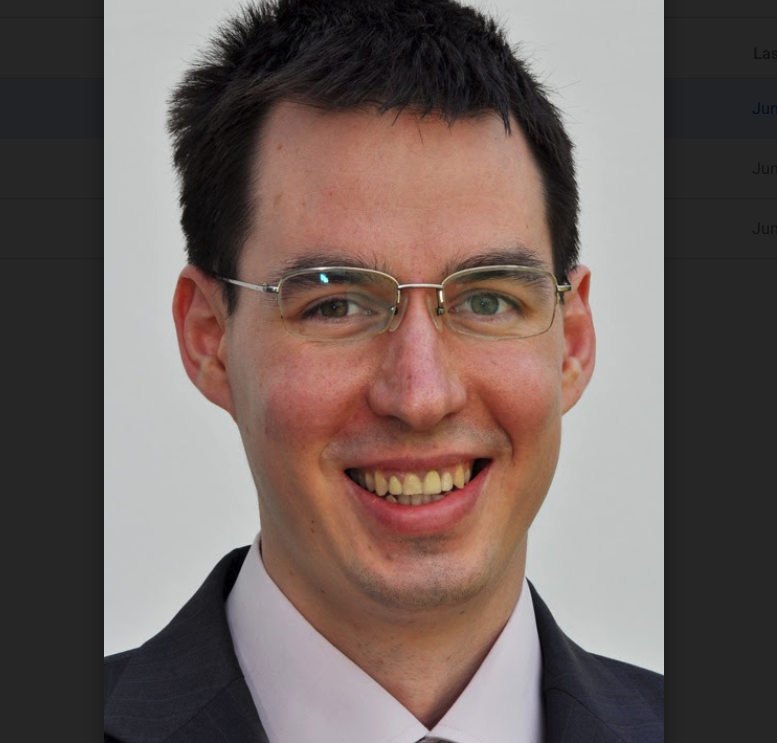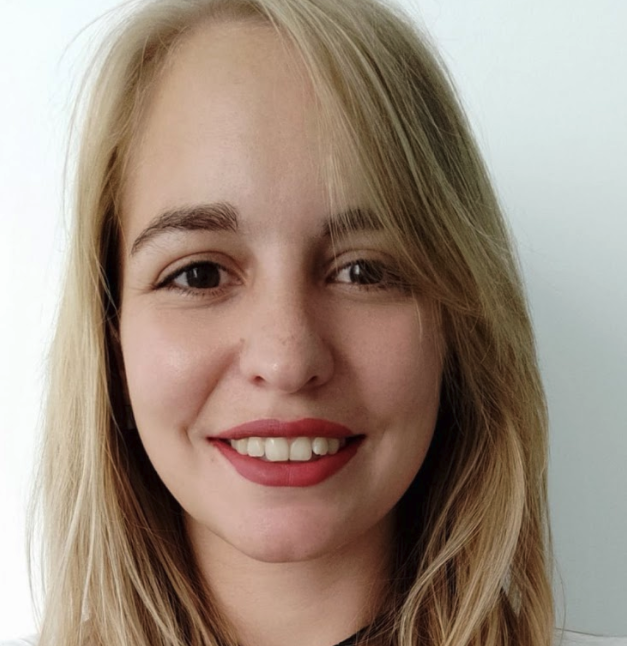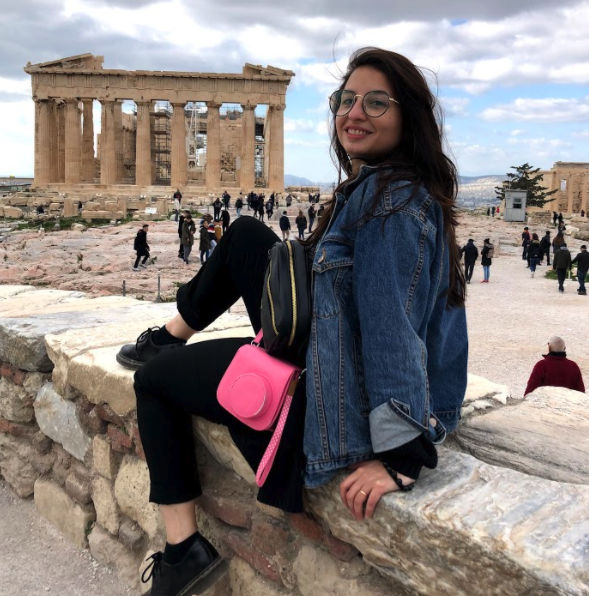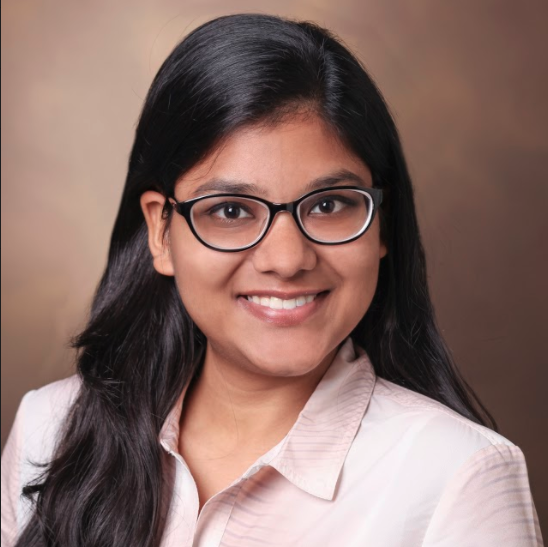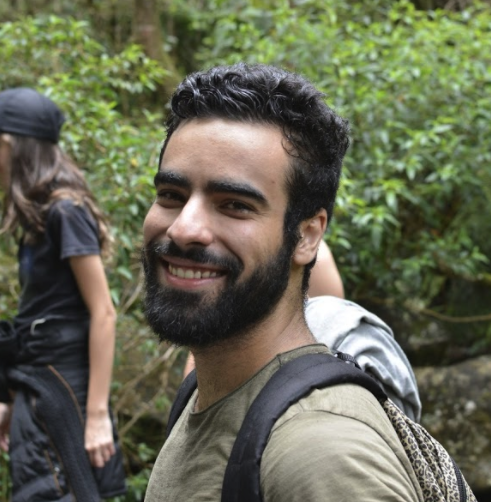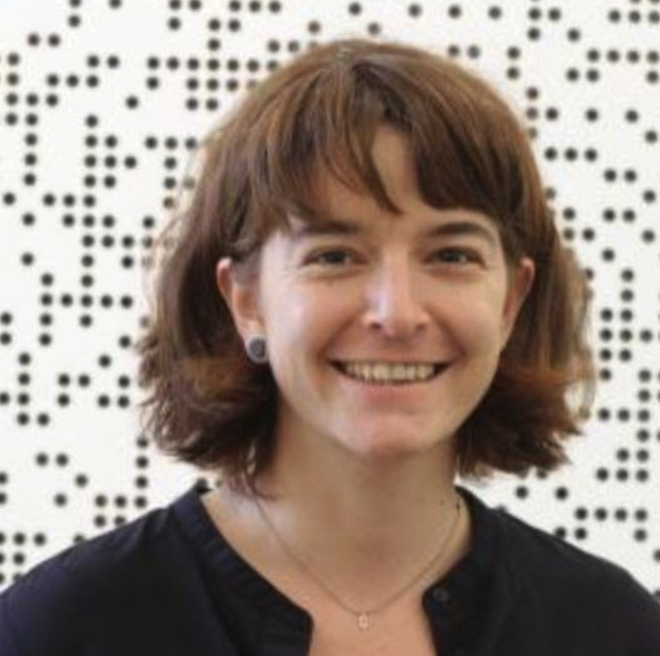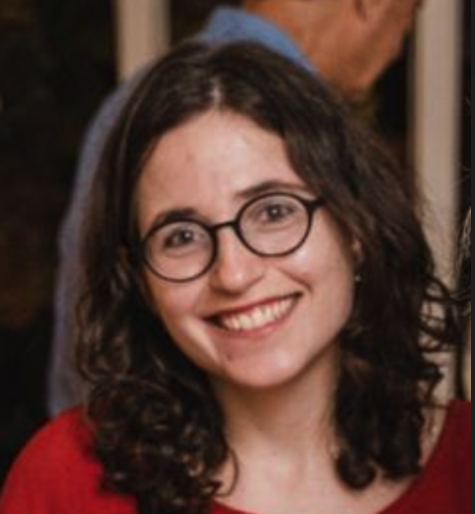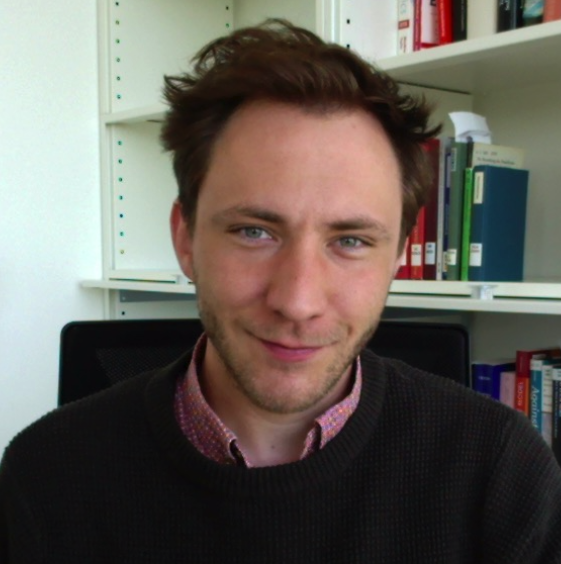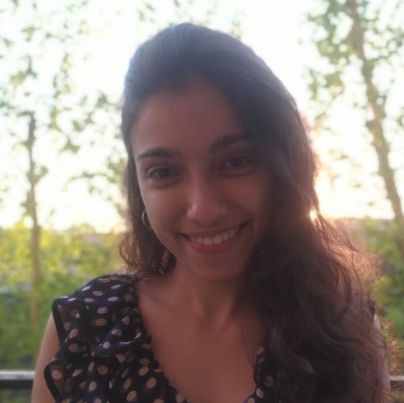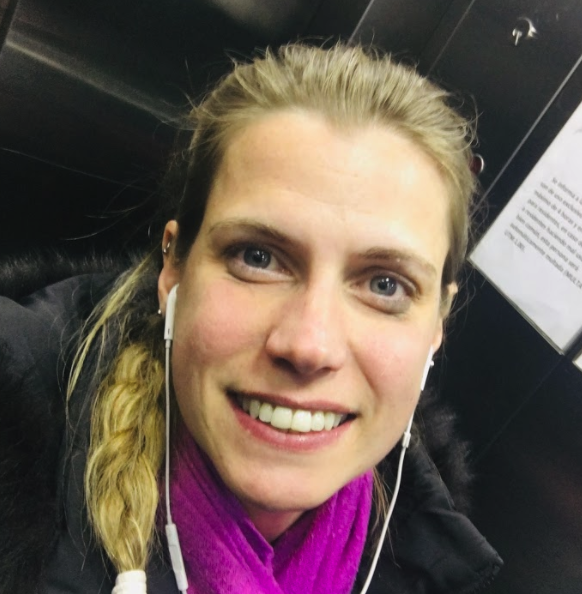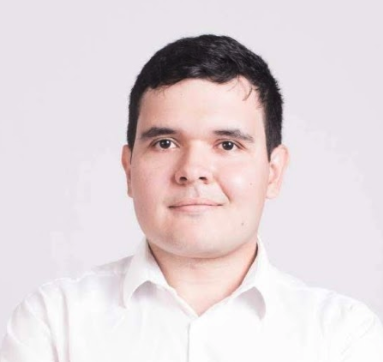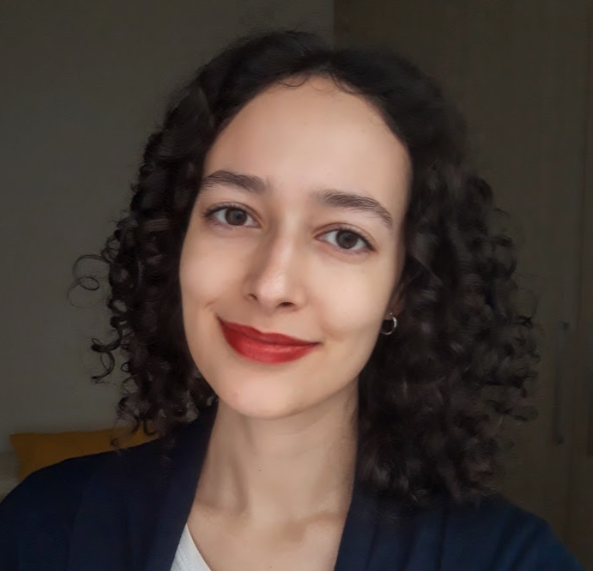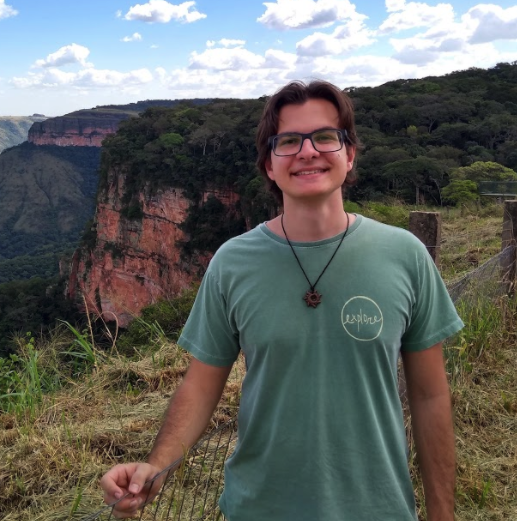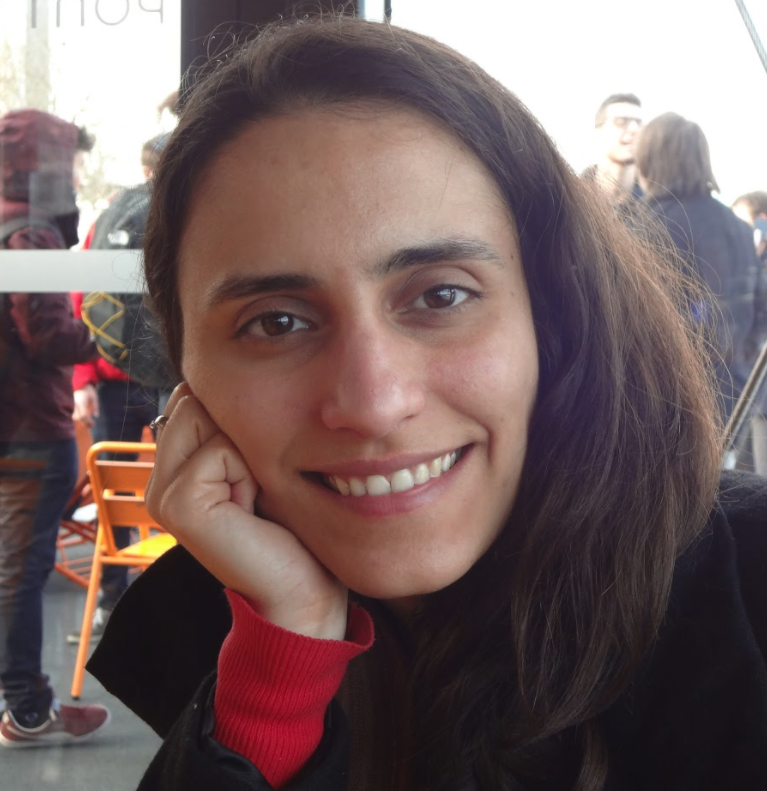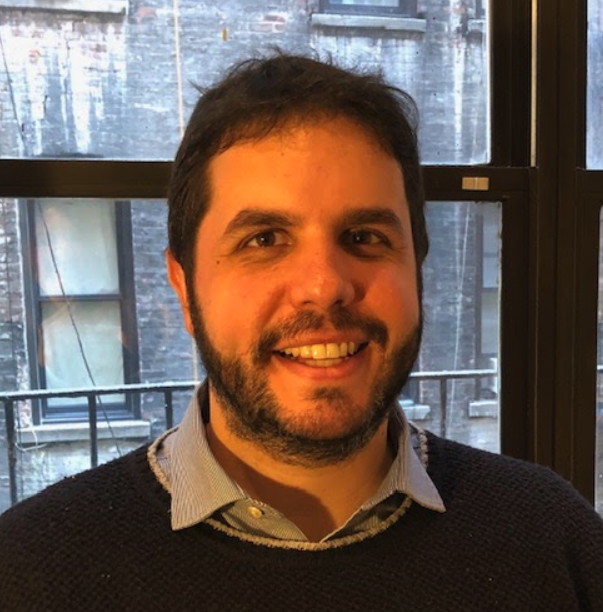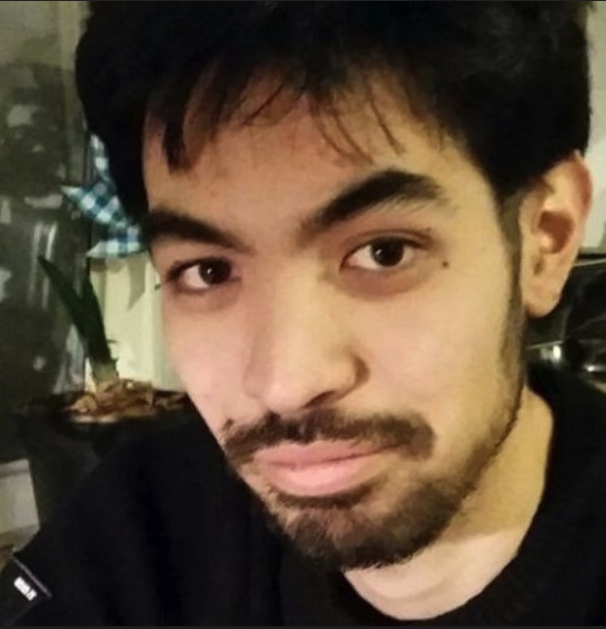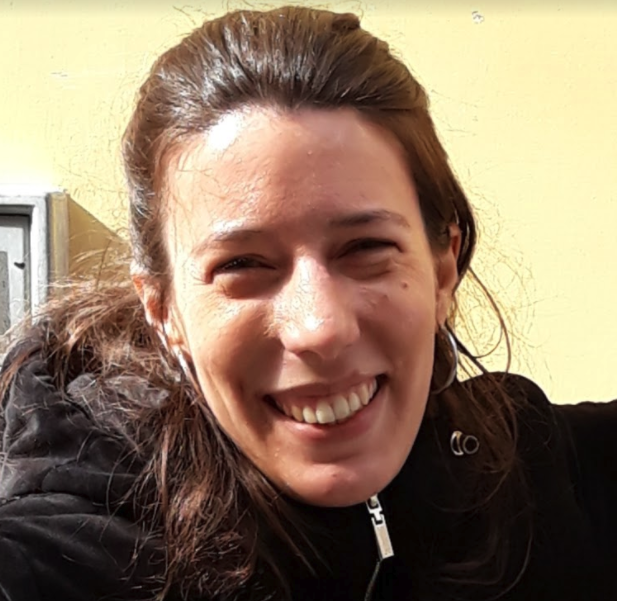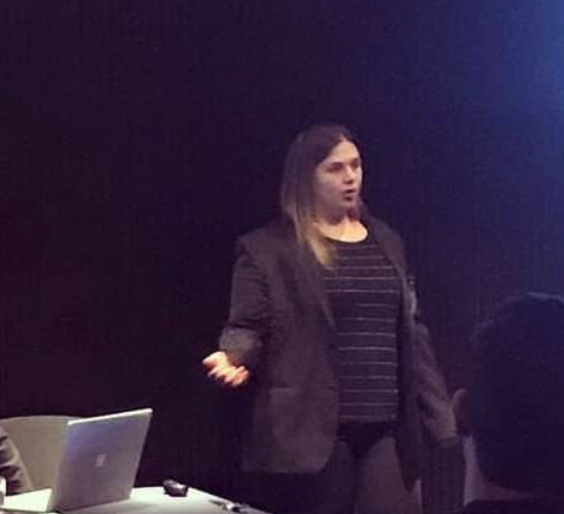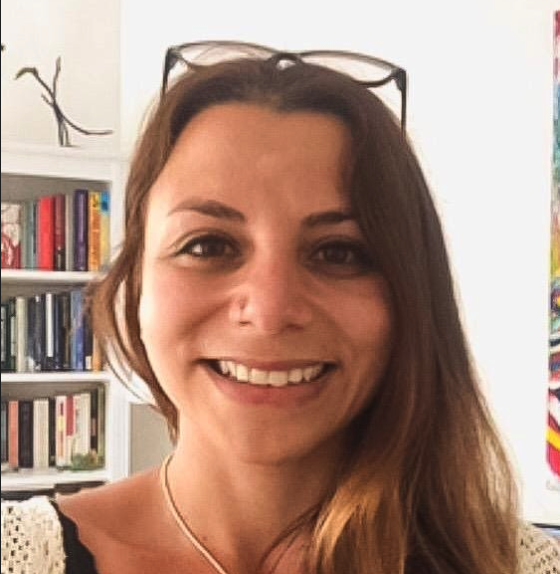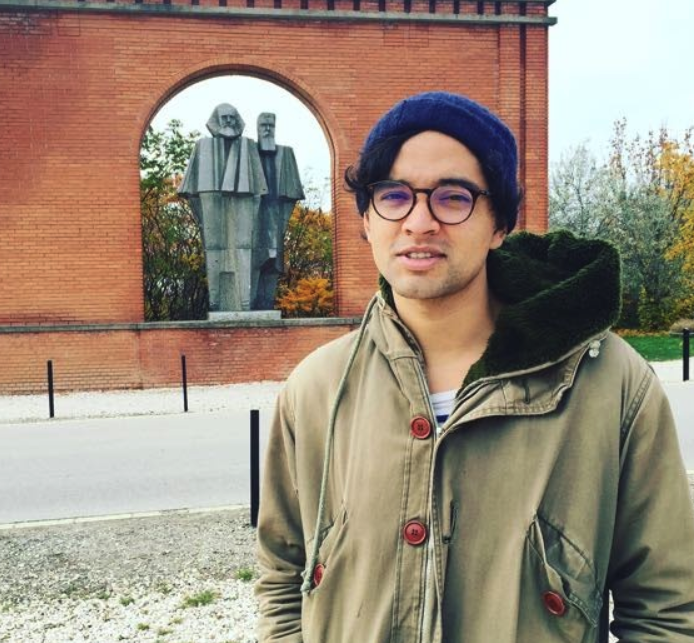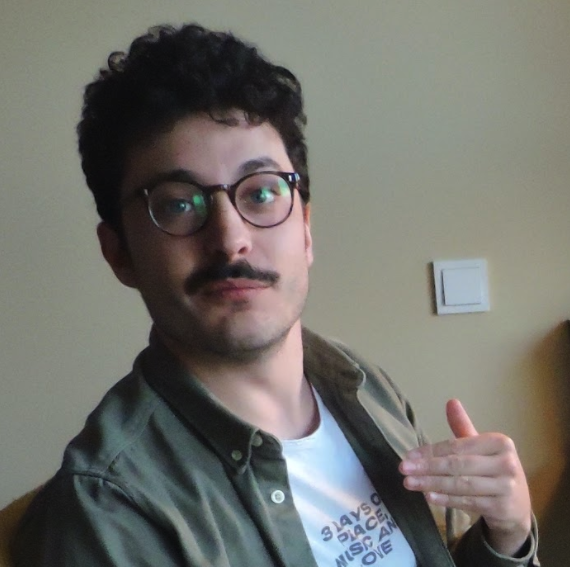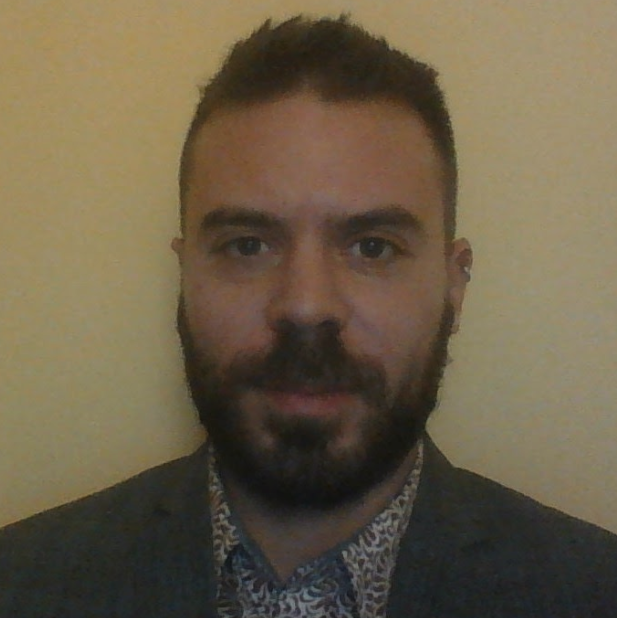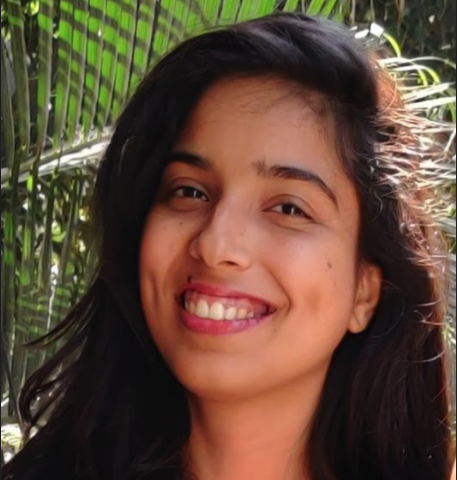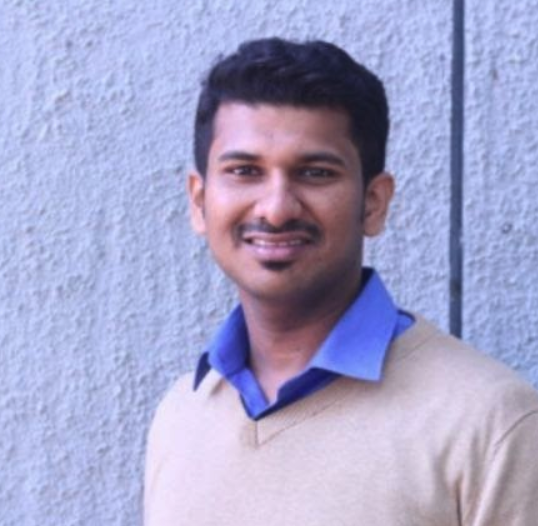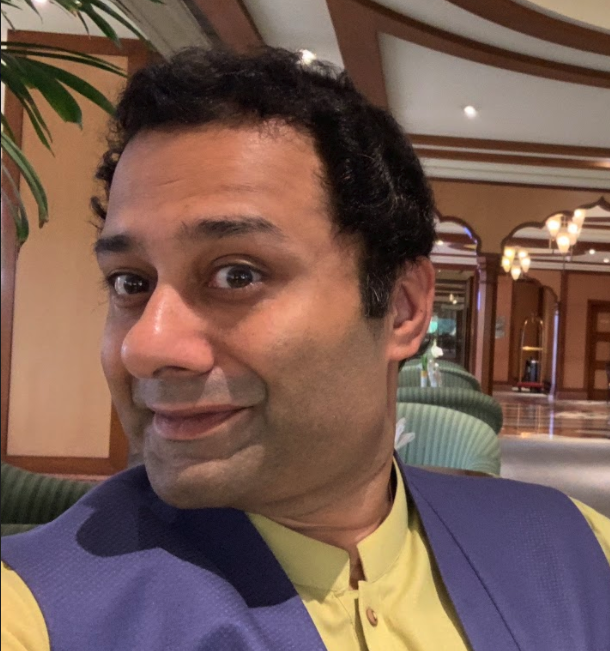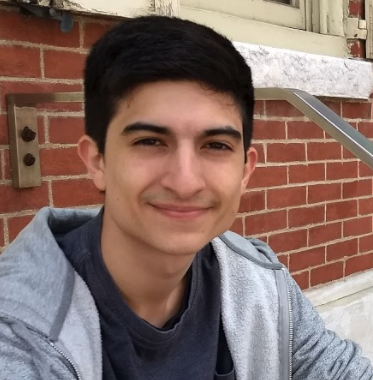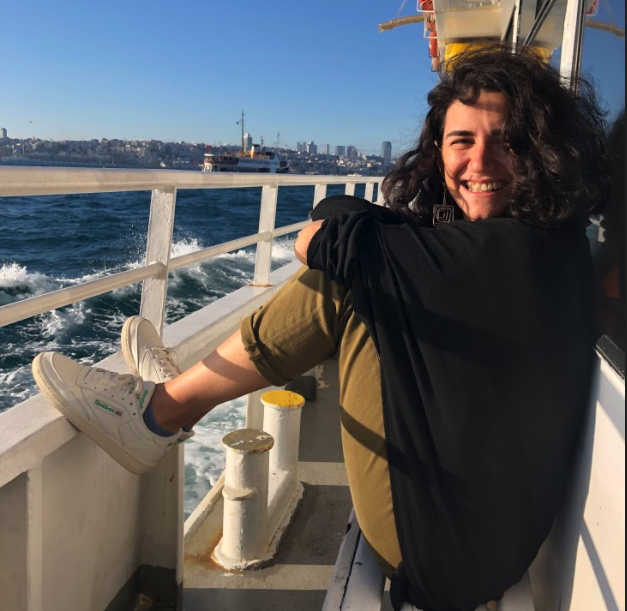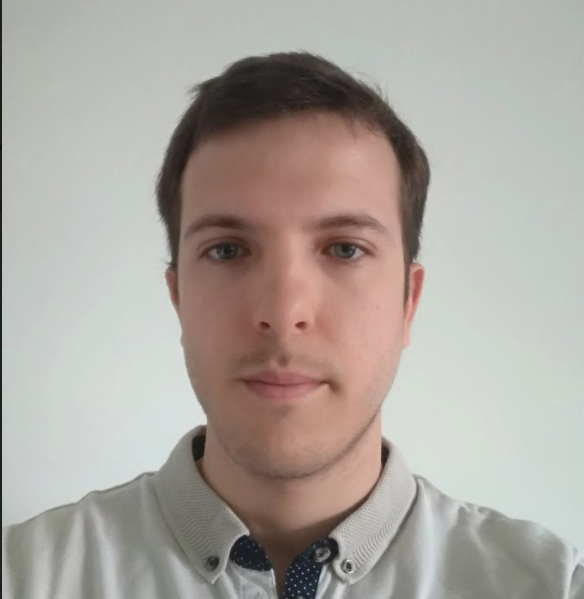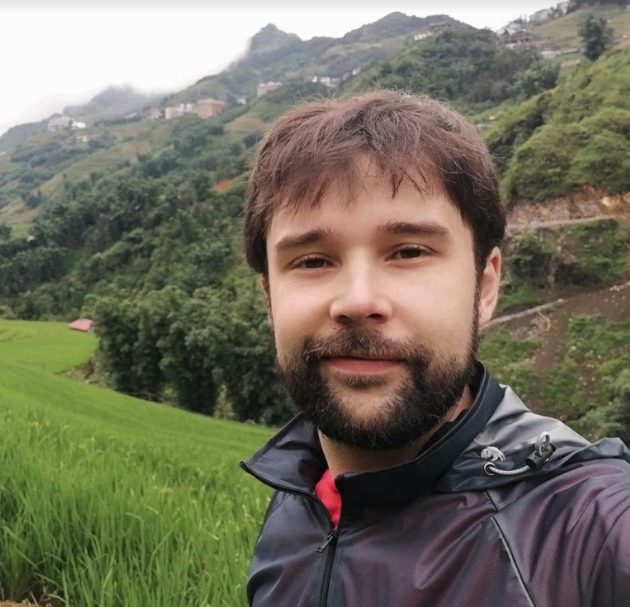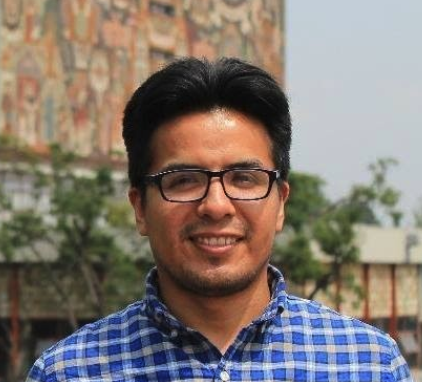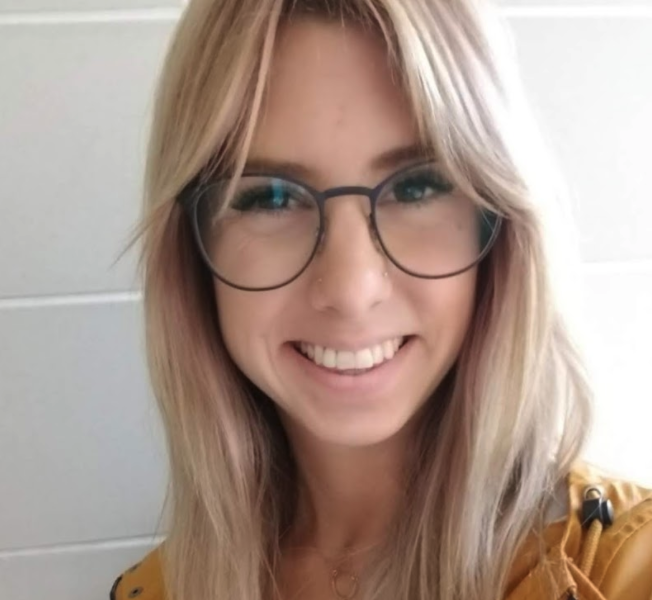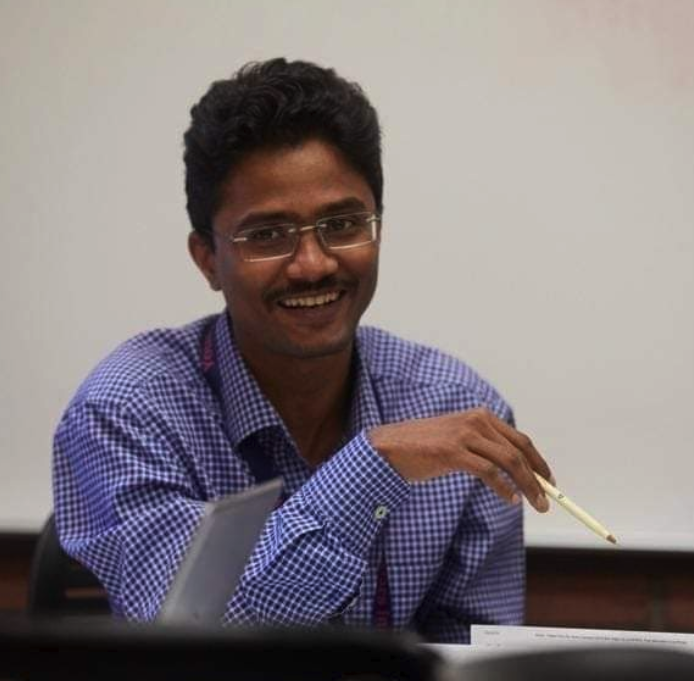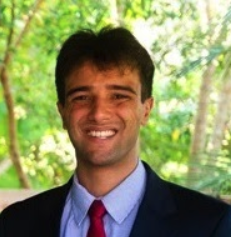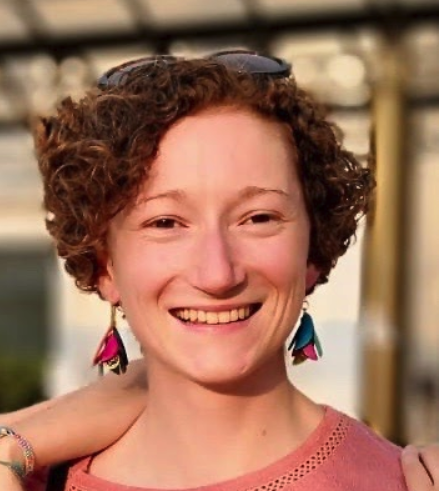We are so grateful to YSI’s outgoing coordinators! They were the first ever cohort, and they made the community into what it is today. Let’s acknowledge their invaluable contributions and celebrate their next moves! Take a look at their warmest memories, best advice, and what they’re up to now. Please join us in thanking them, and keep an eye out for them in the future! They might be a young mentor soon. Written by Mariana Campos Pastrana
Africa

Richard Itaman | For Richard Itaman, YSI’s ongoing commitment to highlighting African scholars remains an important pillar of our community. Attending the Decolonizing Economics conference in South Africa and the Economic Transformation and History of Economic Thought conference in Nigeria made him proud as he witnessed the brilliance of young African scholars being showcased at both events. We’re just as proud of Richard!
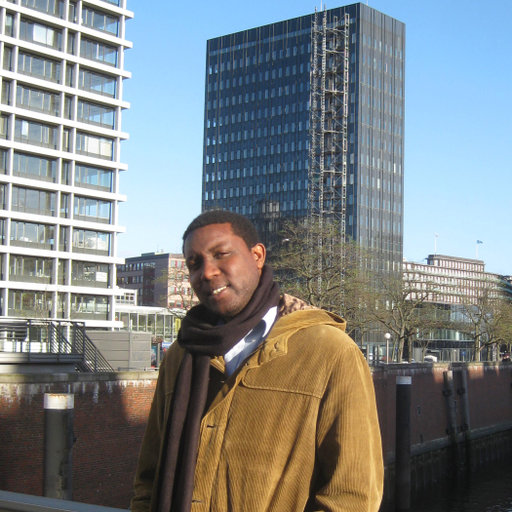
Ushehwedu Kufakurinani | Let’s say thanks to Ushe! The Zimbabwean scholar lists the Africa Convening hosted in his city, Harare, as one of his favorite memories as coordinator for the Africa working group. His advice to new members, “your response is key to your destiny. Participation is key to reaping maximum benefits.” We appreciate all the love Ushe has poured into our community.
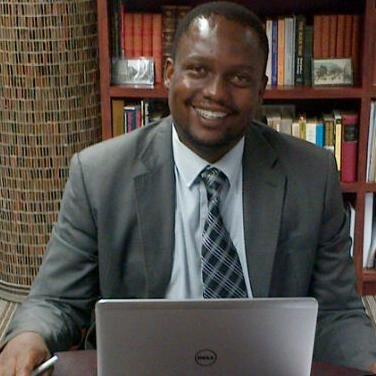
Tinashe Nyamunda | For Tinahse, helping other young scholars has been a big motivation for his work. As coordinator, Tinashe has helped grow YSI’s membership in Africa significantly. If he had one piece of advice for new members, it’s to remember how your work will help others in theirs. We wish Tinashe good luck in all that’s ahead!
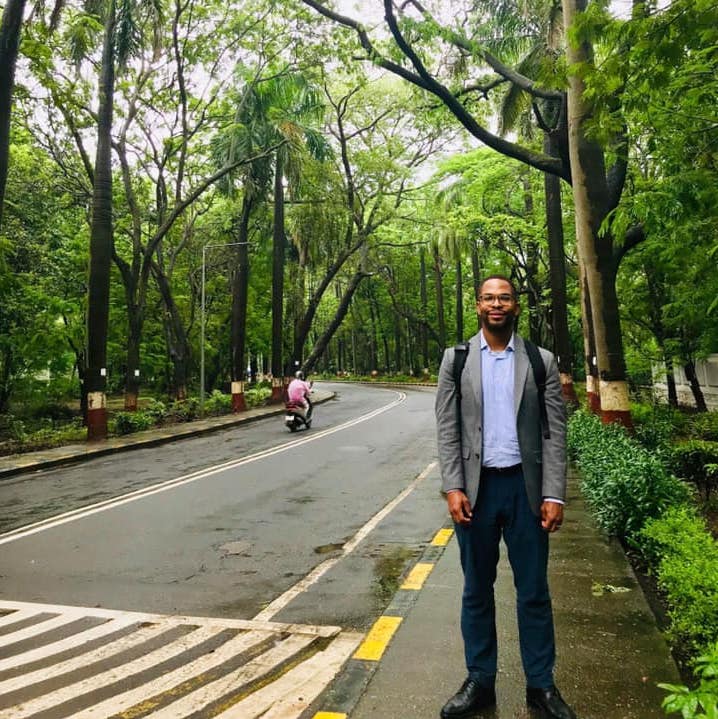
Alden Young | As coordinator, Alden organized multiple events in Africa, including the continent’s first big YSI conference at the University of the Free State in Bloemfontein, South Africa. Alden has just been appointed as a Senior Assistant Professor at UCLA in a joint appointment between the African American Studies Department and the International Development Studies department. The latter was inspired by his work with YSI! We are so happy for Alden.
Behavior and Society
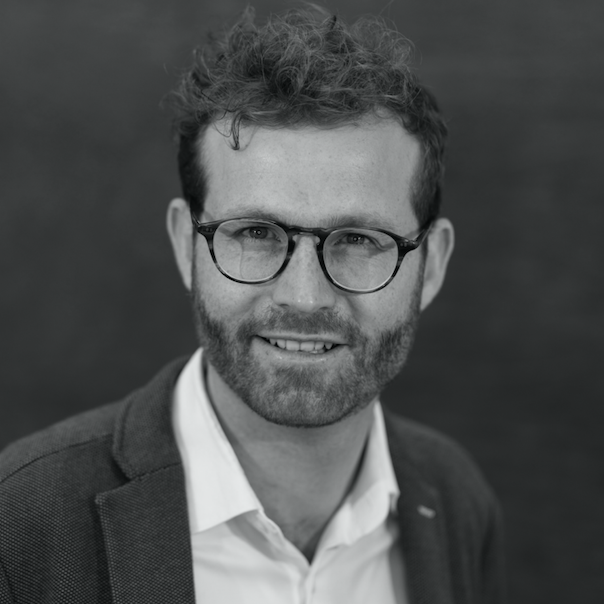
Malte Dold | The ability to exchange ideas with other young scholars around the world opened Malte’s eyes to the many ways in which economic research can be conducted and was liberating for him as he gained new creative tools to perform his research. Malte believes that YSI has the power to change how economics is taught. The next step in his journey is to join the Economics department at Pomona College as an Assistant Professor. Congrats Malte!

Gerçek Çiçek | Gerçek is the true embodiment of YSI’s interdisciplinary spirit. She completed her Ph.D. in Economics at Istanbul Technical University while simultaneously doing a second master’s in Neuroscience. Her goal is to use Cognitive Neuroscience to redefine Microeconomics decision-making models so that they reflect real people and real life. We wish Gerçek nothing but the best!
Complexity Economics
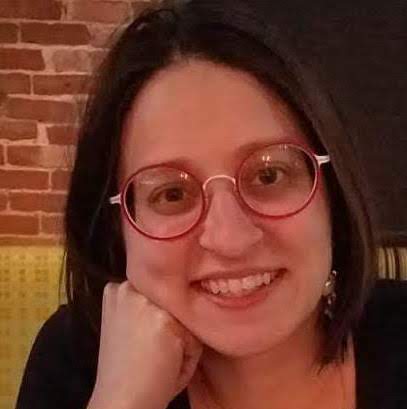
Mary Kaltenberg | Mary’s biggest piece of advice for YSI newbies is to get involved in projects you are passionate about so that you can learn from scholars at all stages of their research and expand your global network. Mary will soon be starting as Assistant Professor at Pace University. Good luck, Mary, your students will be lucky to have you!
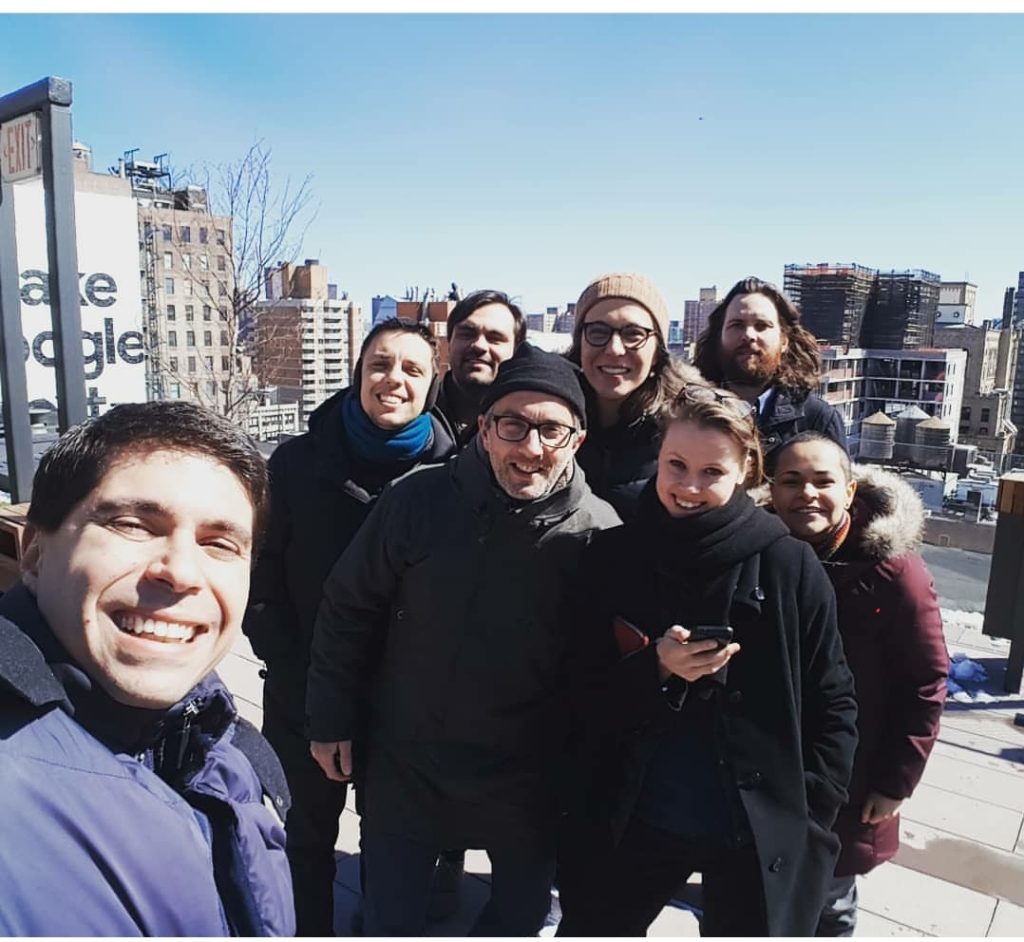
Danilo Spinola | Danilo’s biggest advice for new YSI’ers is to think of the community as a part of yourself, and of yourself as a part of the community. In YSI, there is no trade-off between the individual or the group. It’s simple – if the community thrives, the individual develops. Get involved and immersed in this organization and see where the magic takes you. We know Danilo will make magic happen!
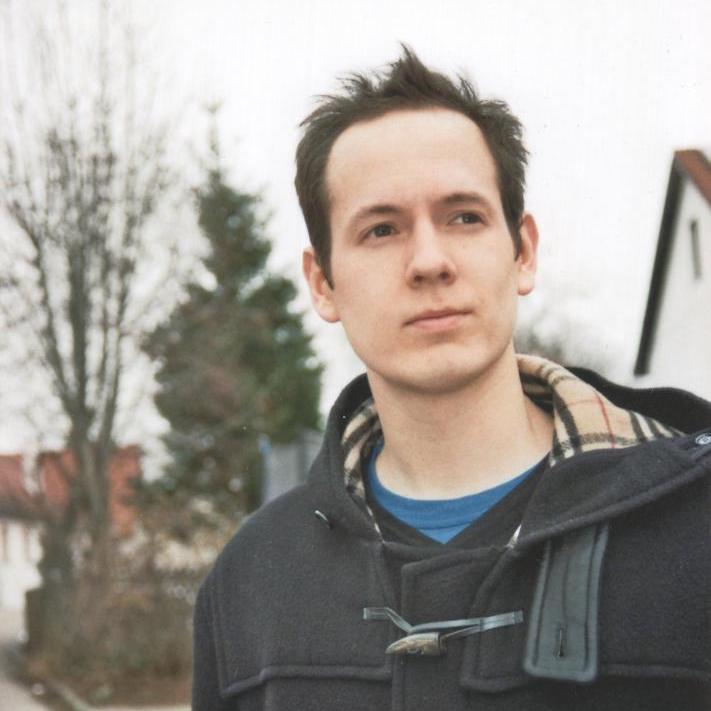
Johannes Tiemer | In 2012, Johannes joined YSI’s first-ever reading group on Alan Kirman’s “Complex Economics.” Together with two others, he ended up attending all the sessions, and the three became the coordinators for Complexity Economics; the first-ever YSI topical working group! Through his time at YSI, Johannes has enjoyed grappling with the big questions in society, for which there are no simple answers. His advice for new members is to remember that the work might be difficult at times, and that is ok. Now that’s a piece of good advice.
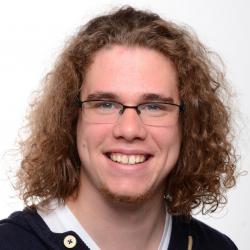
Nils Rochowicz | Nils has enjoyed seeing how YSI and its members have grown together. Members from way back are now professors, and able to mentor the newer young scholars coming in. It’s a beautiful thing to see people come in, find their way, and then grow to guide others. Nils is now based at the University of Oxford. They’re lucky to have you, Nils!
Economic Development
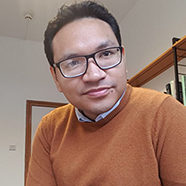
Collin Constantine | “Stay hungry, stay foolish,” says Collin. This outgoing coordinator continues to push boundaries and paradigms and advises all newbies to YSI to do the same! His time with the Economic Development working group pushed his research agenda towards the direction of inequality and critical institutional economics. The next step in his journey sees him starting as a Lecturer with the Faculty of Economics at the University of Cambridge. We’re so proud!
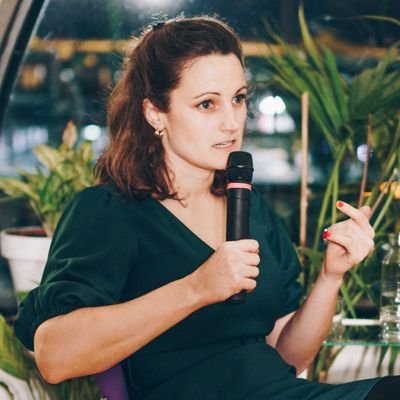
Ingrid Harvold Kvangraven | The ability to meet people from all corners of the world with similar interests was one of the highlights for Ingrid in her time as coordinator. YSI almost became like a second degree for her because the debates she organized and participated in influenced her research and thinking a lot. Even though she may no longer be a coordinator, she continues to collaborate with fellow YSI members. We’re so grateful for that!

Jenny Tue Anh Nguyen | As coordinator for the Economic Development working group, Jenny’s interest took her to projects on energy policy, public services, World Bank loans, structural reforms, and economic growth, to name a few. She shaped YSI with unbounded energy, strengthening the community’s reach with the Asia Regional Convening in her native Vietnam! We are so grateful to Jenny, and thrilled for what she’ll do next.
Economics of Innovation
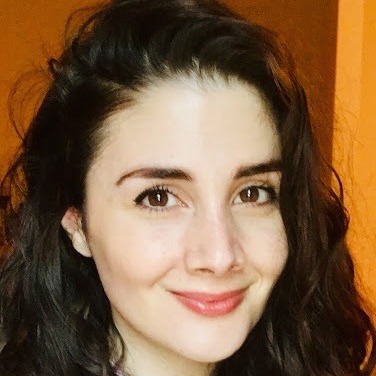
Besiana Balla | Besiana is one of the co-founders of the Economics of Innovation working group, which launched in 2014! Since then, she’s helped the group grow and flourish. Currently serving the innovative start-up world from Berlin, Besiana continues to advance the field of economics, not in the least by promoting diversity and representation in the field via D-Econ. We’re rooting for you, Besiana!
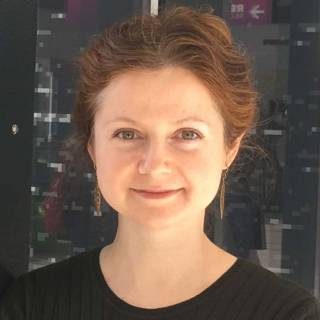
Olga Mikheeva | Olga’s interests lie in governance of innovation policies, financing thereof and financial bureaucracy; comparative financial history and financing of development; national political economy of finance. Currently a Research Fellow in Public Banking at the UCL Institute for Innovation and Public Purpose, we wish Olga all the best!
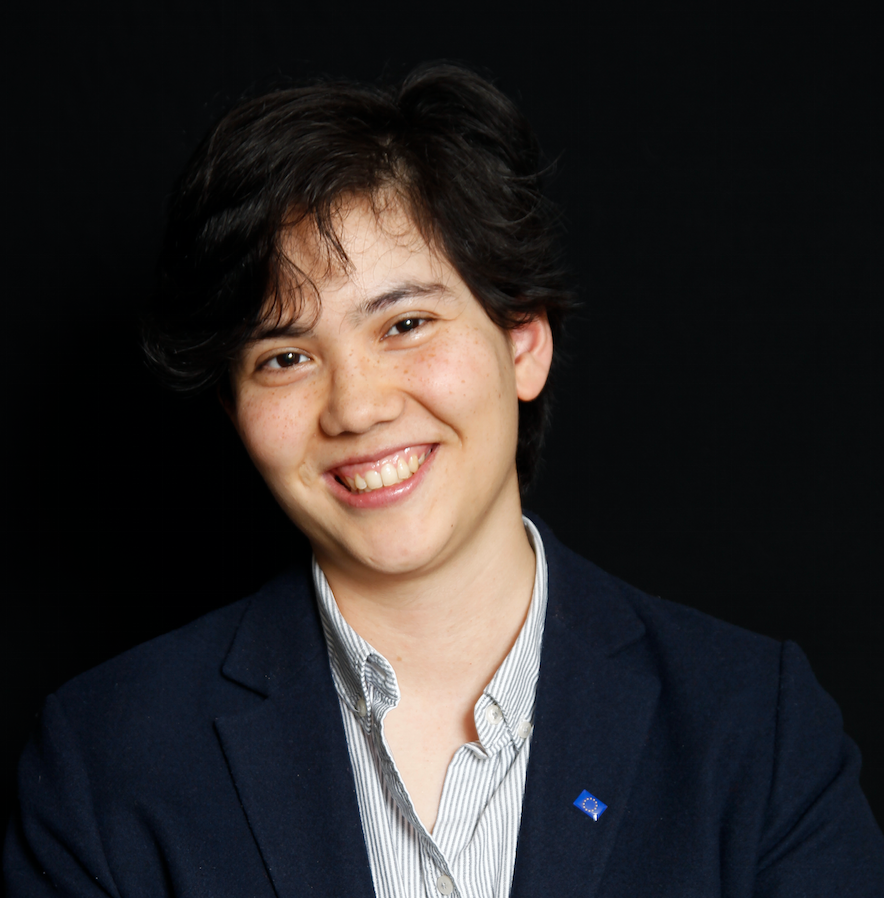
Laurène Tran | Laurène is one of the founding members of the Economics of Innovation working group. She is now Executive Director of ACTIVE, a trade association that advocates for policies around broader access to cannabinoids. Laurene enjoys building communities and launching new ventures, which she certainly helped us with at YSI in her time as a coordinator. We are so thankful for all of her hard work!
Economic History
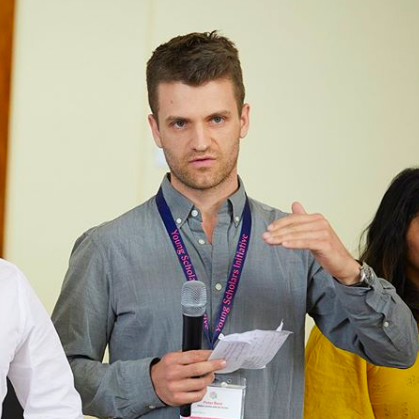
Peter Bent | Through his time in YSI, Peter Bent has built many great friendships with people from all over the world. Seeing all the work people put into organizing events, and seeing new connections and projects come out of that has been so inspiring, he says. Peter will soon be starting as an Assistant Professor of Economics at Trinity College in Hartford, Connecticut. We’re so thrilled for that new chapter!
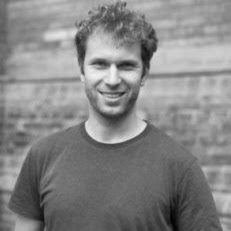
Marc C. Adam | Marc’s favorite thing in YSI? The bright young scholars with full hearts. Marc has experienced the community as a group of friendly and tolerant individuals who welcome new members as they are to learn and grow with YSI. We’re so thankful for all that Marc has done!
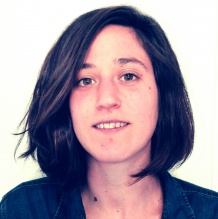
Laura de la Villa | Laura served as coordinator for the Economic History group, but holds diverse interests within economics, including financial history, sovereign debt, capital markets, political economy, and law and globalization. She is currently a Ph.D. candidate at the Paul Bairoch Institute for Economic History at the University of Geneva. We wish her all the best!
Finance, Law, and Economics
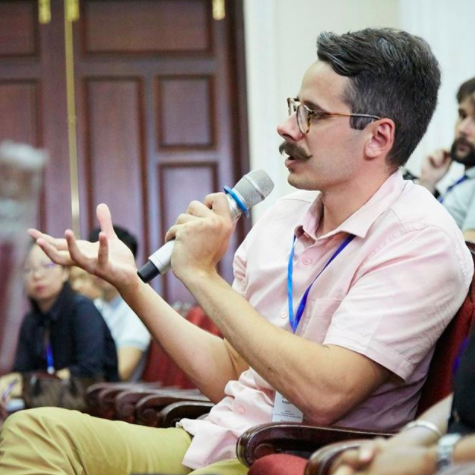
Aleksandar Stojanovic | Looking back on his time as coordinator, Sasa points out that “we’re all embedded in one mainstream or another that can lull our curiosities to sleep; YSI is the best antidote to that.” We can’t agree more and are grateful to Sasa for having shaped the FLE group with that approach. He’s just begun teaching at NYU in Shanghai – congratulations!
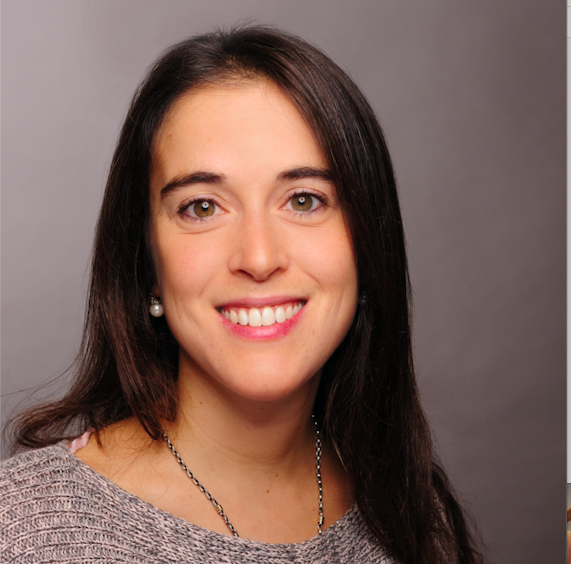
Maria Cecilia del Barrio Arleo | When we asked Maria Cecilia what her favorite YSI memory was, she said she’d have to pick the unofficial YSI party at an Edinburgh pub. Members had seemingly endless conversations about their working groups while drinking cold beer. So what’s next? Maria Cecilia will be stepping into the 2020 European Central Bank graduate program this month. Amazing!
Financial Stability
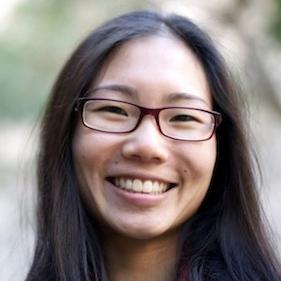
Céline Tcheng | “I owe YSI my whole intellectual growth in Economics and Finance,” says Céline. When she was studying for her masters in economics, she explains, the content in her program left her underwhelmed and left her second-guessing her interest in the field; it was a crisis of faith. But joining YSI opened her eyes to a whole new world of economic thought and reconciled her with economics. We’re so glad we found you, Céline!
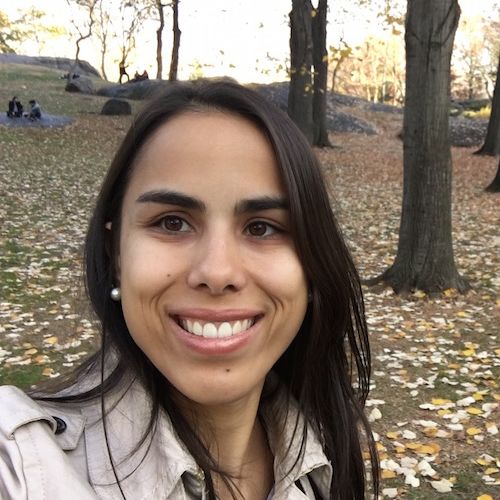
Miriam Oliveira | Miriam is grateful that YSI has connected her with an open community of scholars. The teaching of economics has a long way to go, but YSI is filling the gap for a whole generation of new thinkers. With a Ph.D. in Economics from the Federal University of Rio de Janeiro (UFRJ), and experience in financial stability, macroeconomics, and macroprudential policy, we can’t wait to see where she’ll go next!
Gender and Economics
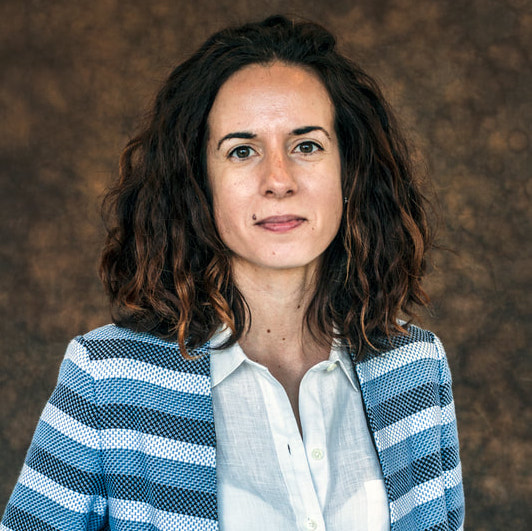
Erica Aloe | Recent PhD grad, Erica, feels proud to have been a part of YSI’s mission. She credits the community with having helped her grow her academic network, and encourages all members to participate in activities, to ask questions, and to get involved! We wish Erica amazing things for the future!
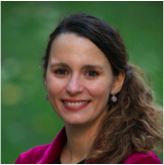
Giulia Porino | Being surrounded by scholars with similar research interests helped Giulia feel supported and understood, even on the days she was struggling. YSI always helped her find the motivation to come back to her research with a renewed sense of energy and determination, she explains. “Its a support network that I feel lucky to call my friends.” We feel lucky to have you, Giulia!
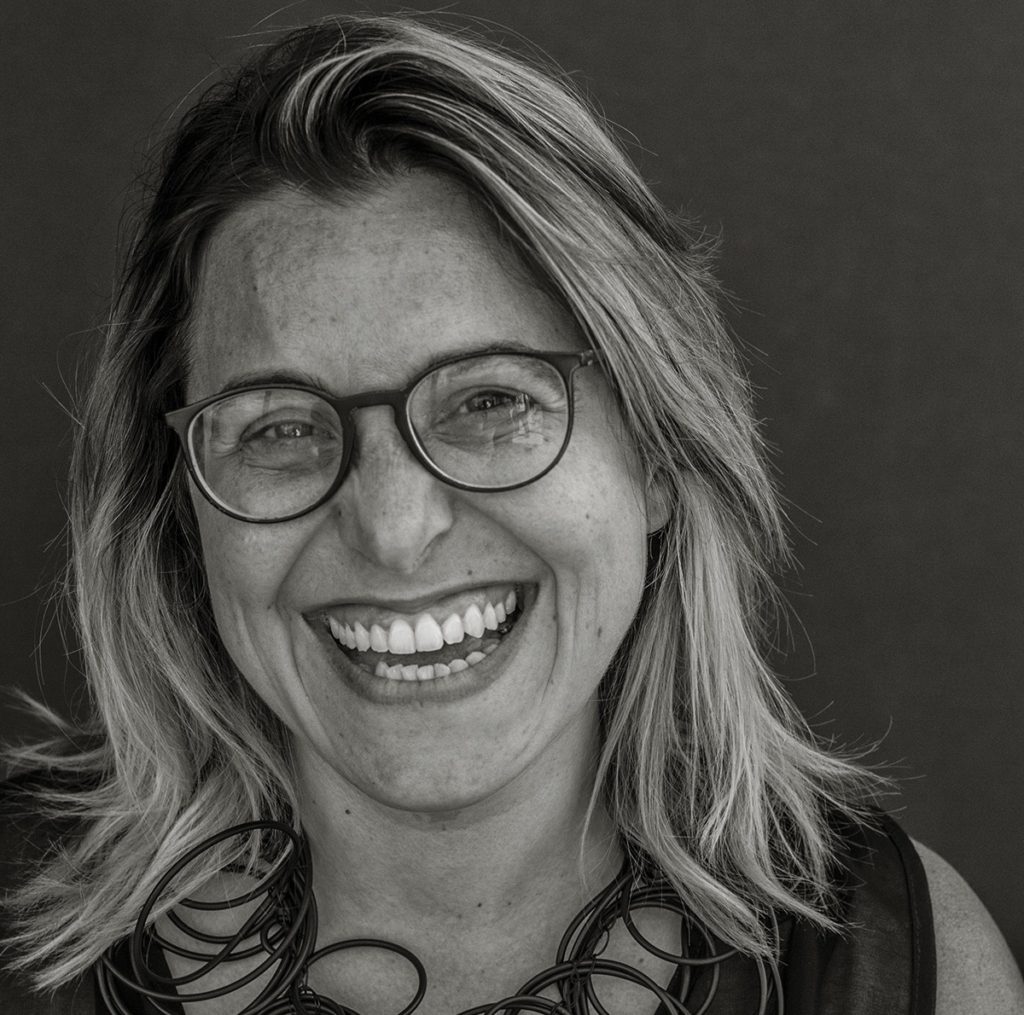
Giulia Zacchia | Giulia still remembers the nerves she felt ahead of the YSI Plenary in 2016 when she was tasked to represent the Gender and Economics Working Group. She was worried about the ability to attract young scholars and researchers interested in feminist economics within a YSI framework. But as soon as the meeting started, pride took over. The room was packed with scholars ready to discuss! It proved to her that nothing is impossible if you believe in your ideas. So true!
History of Economic Thought
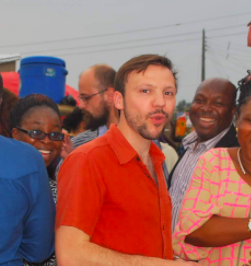
Jérôme Lange | As a young scholar interested in the History of Economic Thought, Jérôme felt isolated and noticed that other scholars in the field did as well. He realized that they struggled to receive support from their home institutions to conduct research. This motivated him to get together with scholars in similar situations, and he became the first coordinator for the History of Economic Thought Working Group. We wish him well in all that’s to come!
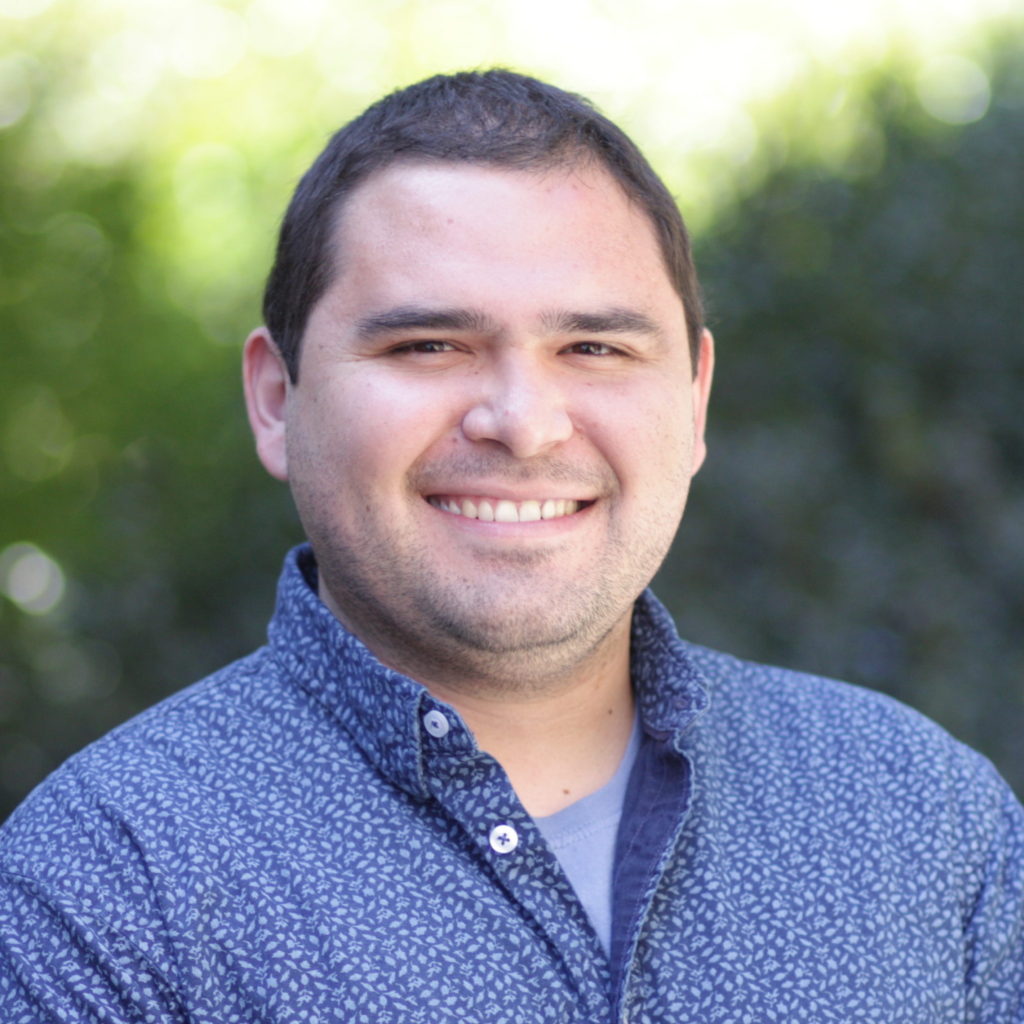
Juan Acosta | The biggest piece of advice that outgoing coordinator Juan has for new YSI members is to get involved in organizing events for your working group. “It’s such an enriching experience, he says. “You’ll learn a lot while helping out other young scholars at the same time.” We’re grateful to Juan and all he’s done for YSI.
Inequality
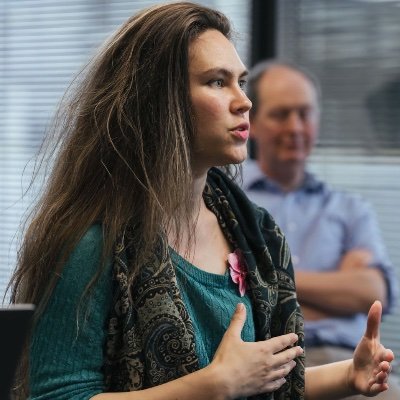
Tahnee Ooms | Tahnee Ooms is proud to be part of a community that has been able to bring together scholars and mentors from all over the world to learn from each other. Her advice to the rest of the community is to meet as many scholars as possible and learn from the different perspectives YSI has to offer while identifying your own biases. Tahnee is now based at the London School of Economics. They’re lucky to have you, Tahnee!
Keynesian Economics

Guilherme Magacho | Guilherme Magacho’s favorite memory was being able to build bridges between distinct economic views and learning from people from different nationalities, with different backgrounds and perspectives. For Guilherme (and YSI!) this was a crucial way to develop new economic thinking. We’re excited to see how Guilherme will spread that approach in the rest of his career!
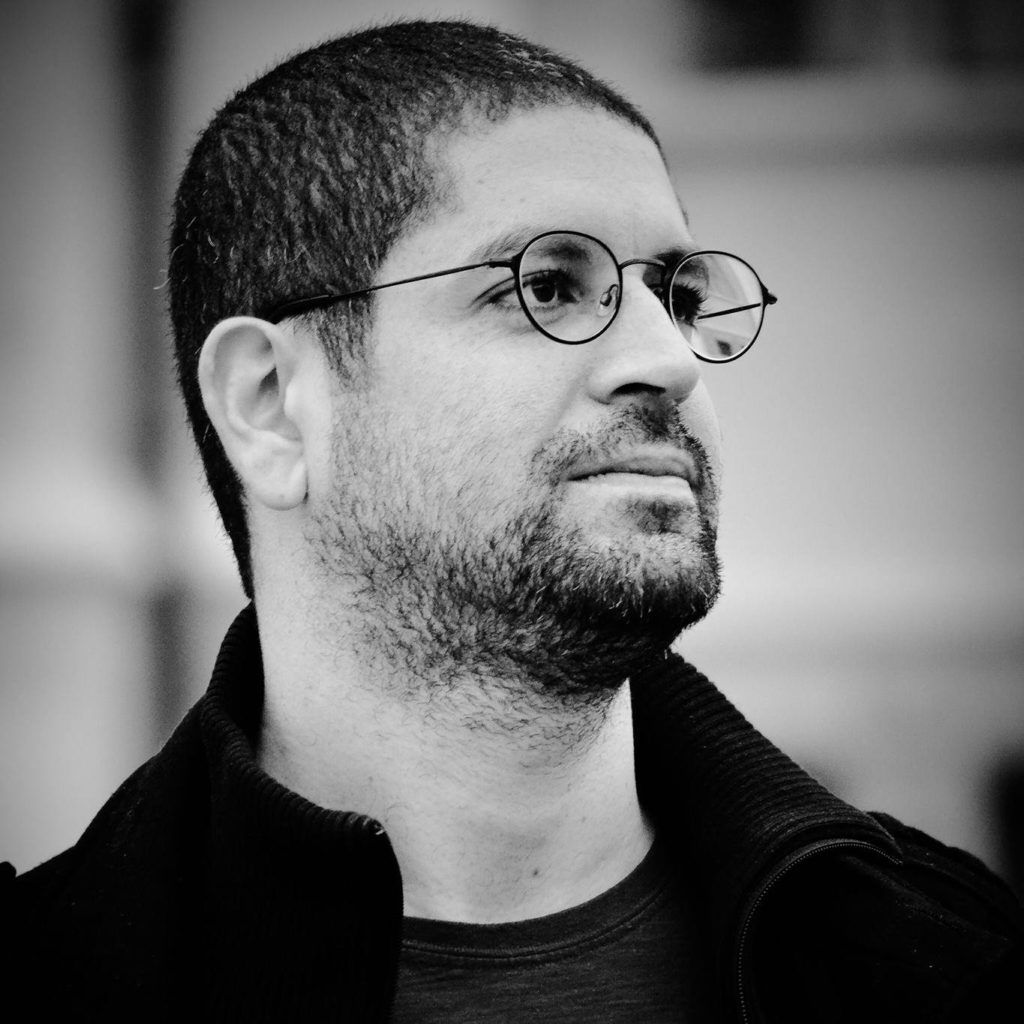
Rafael Ribeiro | Rafael is currently a professor at the Faculty of Economics at the Federal University of Minas Gerais in Brazil. His research interests are in growth theory, income distribution, fiscal and monetary dynamics, dynamical systems, and empirical modeling. We wish Rafael the best in his future endeavors!
Latin America
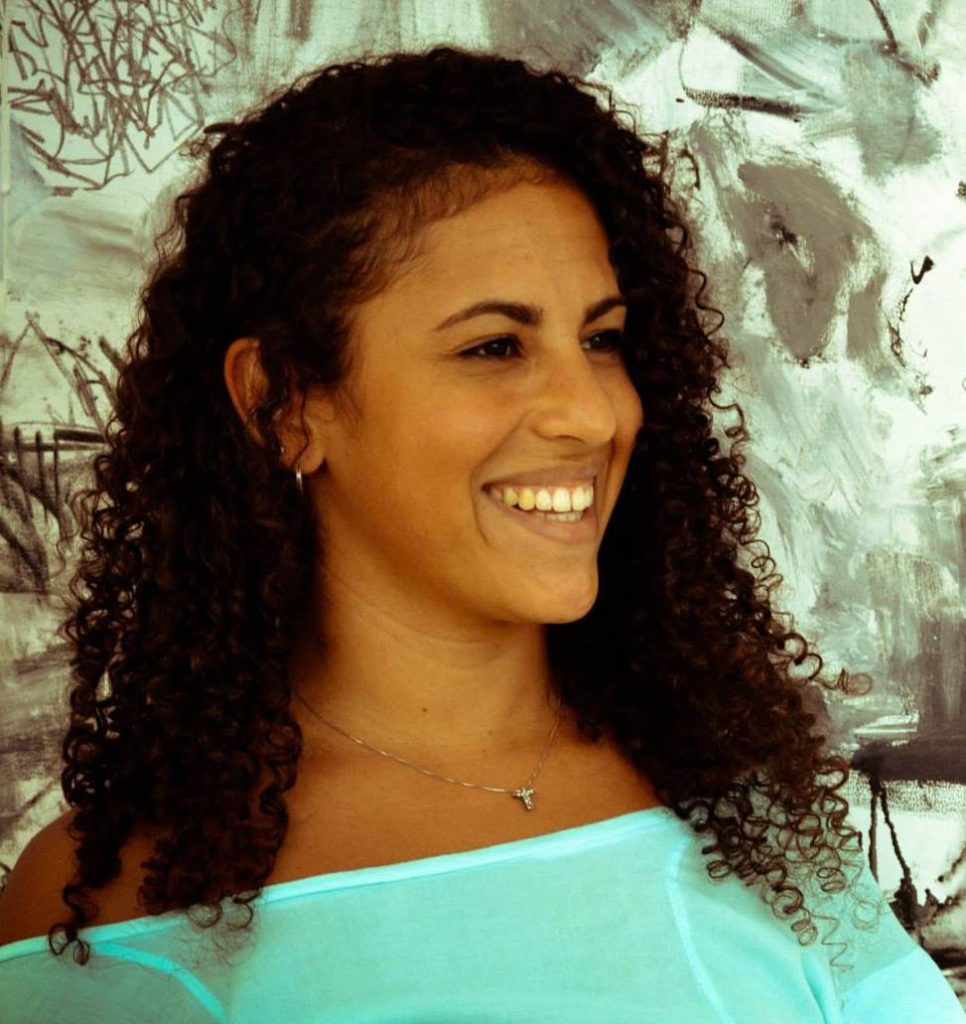
Julia Torracca | Julia feels grateful to be a part of a community that is made up of members from so many different backgrounds, hailing from all corners of the globe. In her time at YSI, it became clear that having a diverse community fosters stronger learning. We’re so excited for what she’ll do next!

Daniel Munevar | Daniel is a post-Keynesian economist who hails from Bogota, Colombia. He is the former advisor to Greek Finance Minister, Yanis Vorufakis, advising him on fiscal policy and debt sustainability. He is currently based at Uppsala University in Sweden and we wish him all the best!
Political Economy of Europe

Francesco Nicoli | Francesco encourages young scholars to use YSI as a way to facilitate joint research. For him, there is great value in having a community with which to exchange views and co-produce scientific work. Francesco is now based at the University of Ghent; we wish him only the best!
Philosophy of Economics
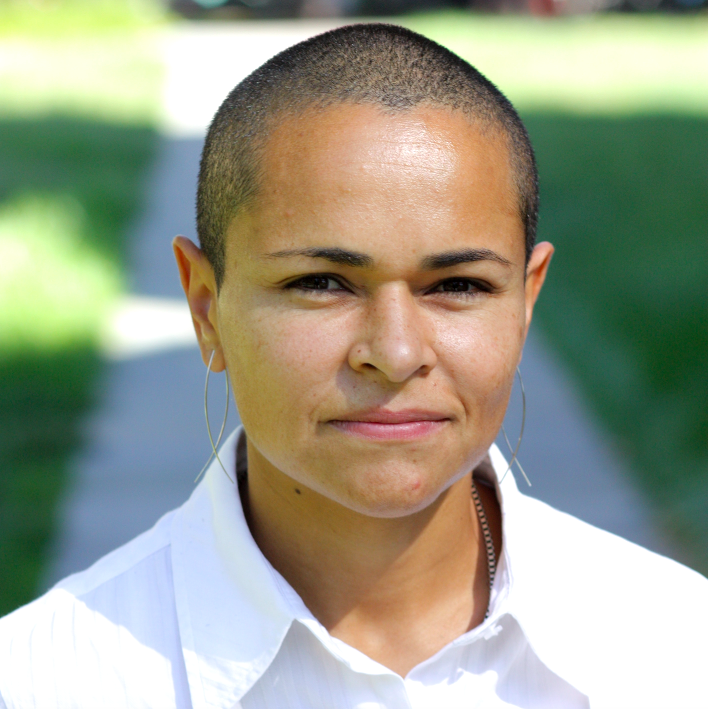
Melissa Vergara Fernandez | For Melissa, there are too many favorite memories to just pick one. But all of them revolve around the people she met in YSI. “It’s a project with heart,” she says. Melissa is currently based at Erasmus University Rotterdam as a Postdoctoral Researcher. We wish her only the best!
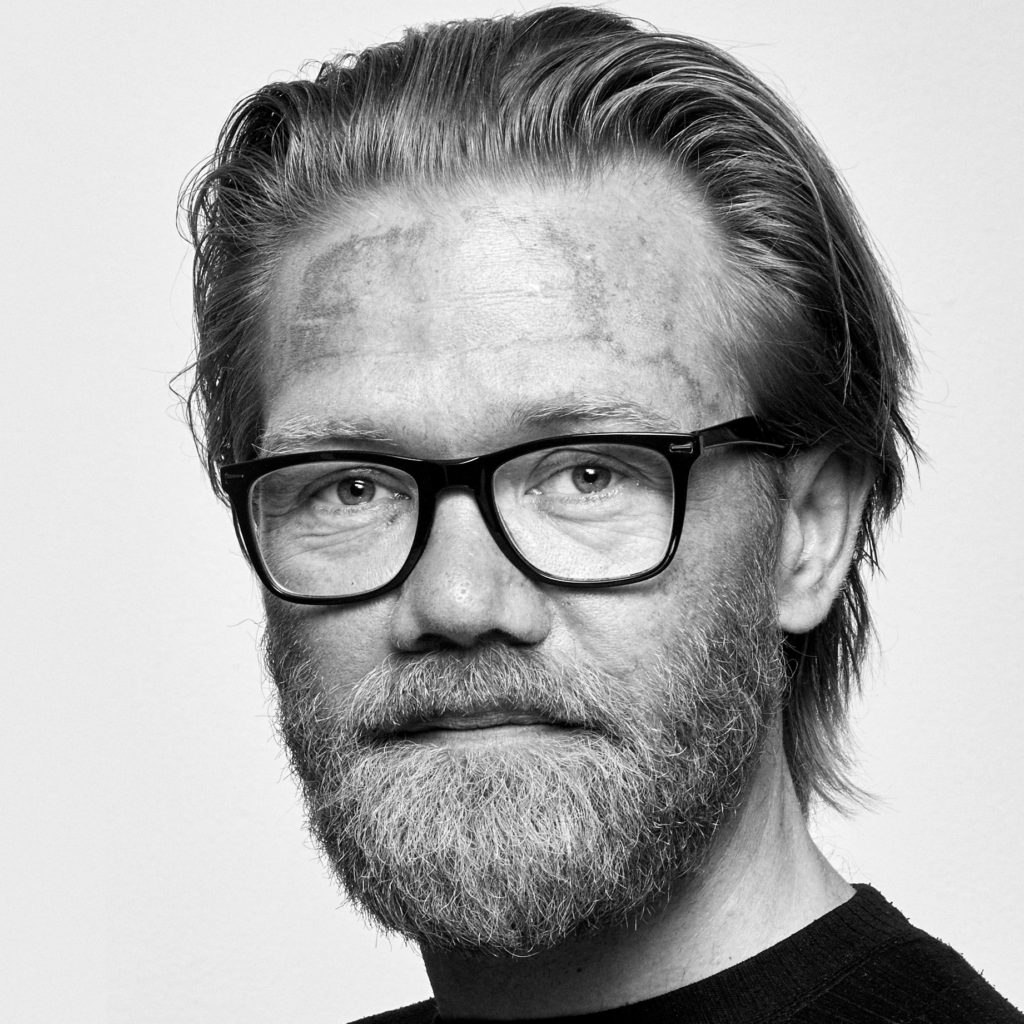
Mads Vestergaard | For a lot of us, our time in YSI inspires the research we do. Mads was inspired to explore the ways in which ideology fuels economics, and how that may be criticized. Now that he is moving on from his time as a YSI coordinator, he is shifting his focus away from academia and towards art projects and philosophical writing– a truly multidisciplinary approach. We can’t wait to see what comes out!
States and Markets
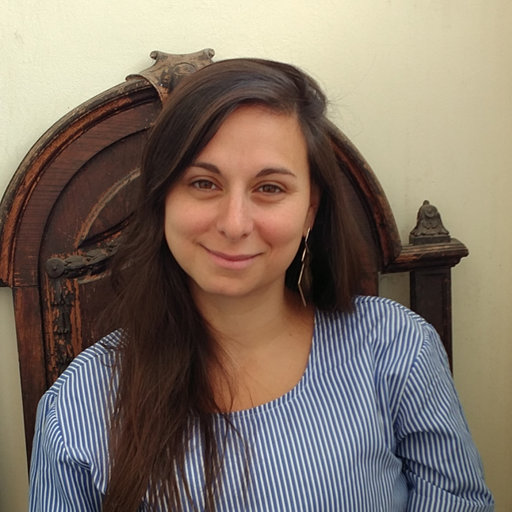
Cecilia Rikap | Cecilia Rikap became a coordinator soon after completing her Ph.D., which coincided with a challenging time in her career to reformulate research questions. All the YSI events she participated in this time balanced the need to be a generalist and a specialist, which inspired her to reorient her research and focus on why she originally became an economist, which was to understand and transform capitalism. We know Cecilia can move mountains!
Urban and Regional Economics
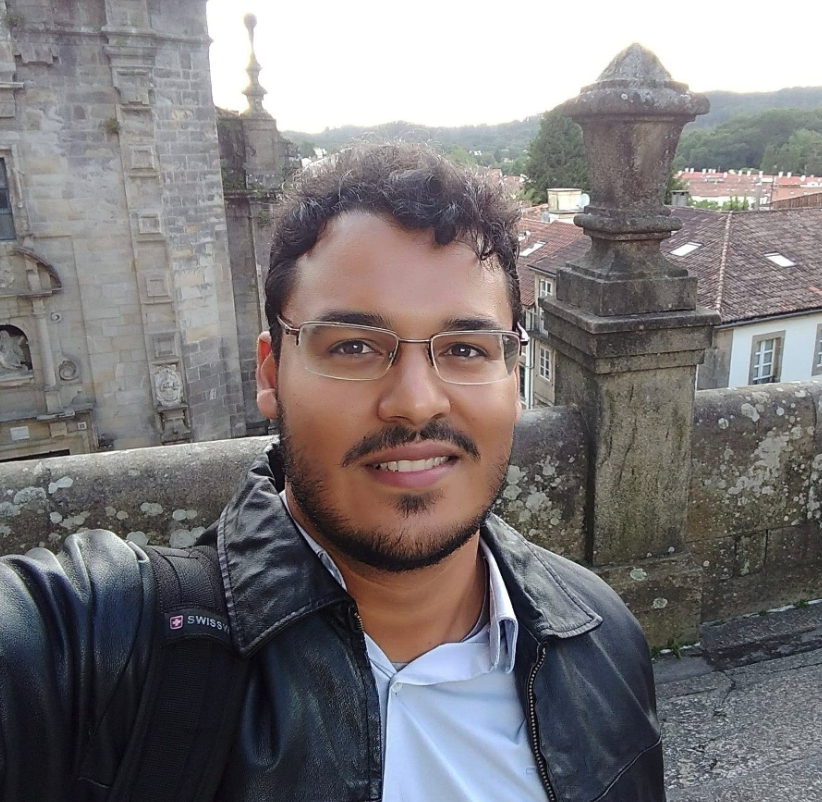
Igor Tupy | Igor is currently an Associate Professor at the Federal University of Viçosa, UFV in Brazil. His interests are in Urban and Regional Economics and Post-Keynesian perspective with a focus on the regional impact of crises and the role of money and finance on regional economic resilience. We are so excited to see what Igor does next!
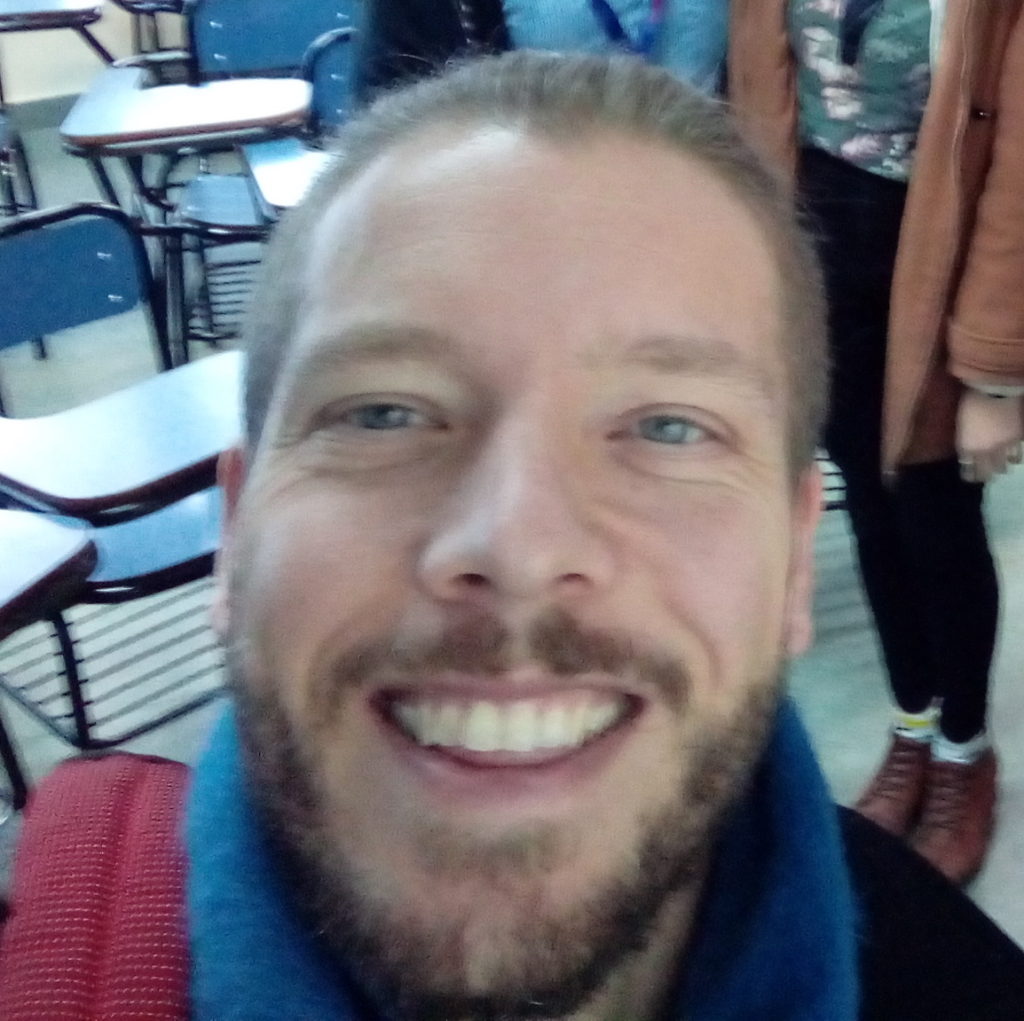
Jakob Sparn | “Seeing so many people coming together and sharing ideas in a very inclusive and caring way was truly inspiring and moving,” said Jakob of the YSI Latin America Regional Convening. If the outgoing coordinator could have one piece of advice for new members to the community, it’s to soak up as much as you can from your time at YSI. Good luck with all that’s to come, Jakob!
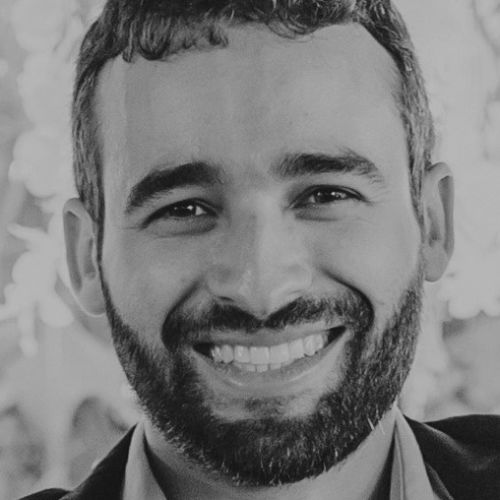
Renan Almeida | Renan was one of the founders of the Urban and Regional Economics working group and in his time as coordinator, he was involved in lots of YSI events around the world, ranging from Budapest, Sao Paulo, Edinburgh, and Los Angeles to Belo Horizonte, Buenos Aires, and Washington DC. He is currently a Professor of Economics at the UFSJ in Brazil. Thank you for all your hard work Renan!
Curious who the next cohort will be? Meet them here!
